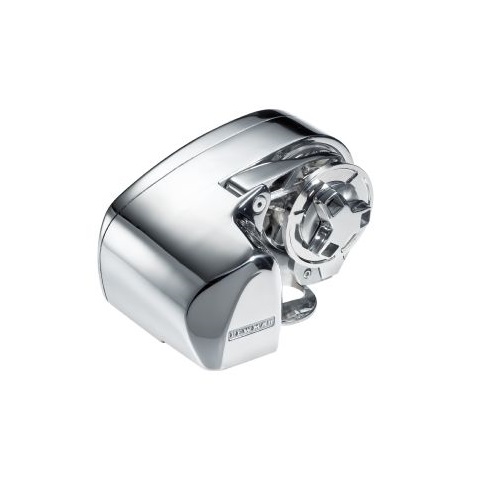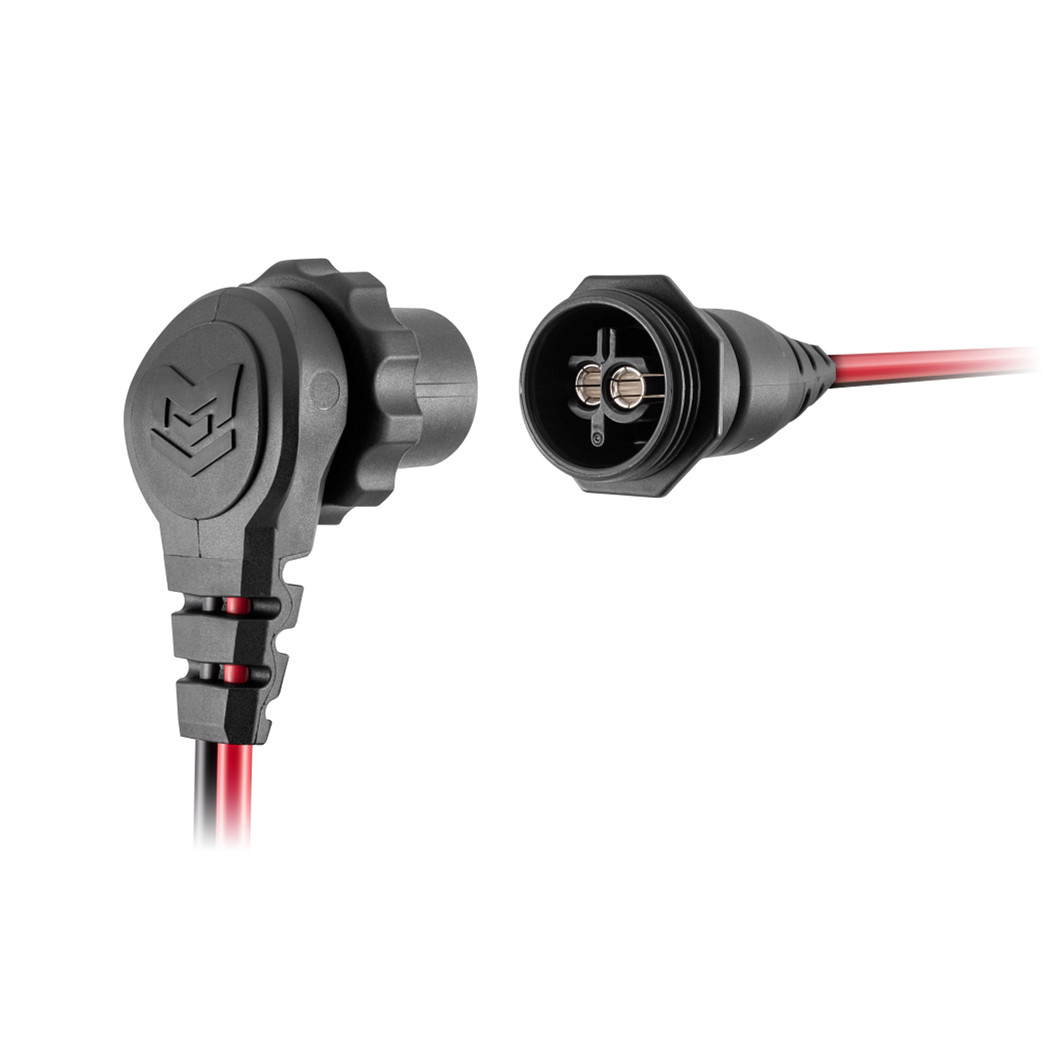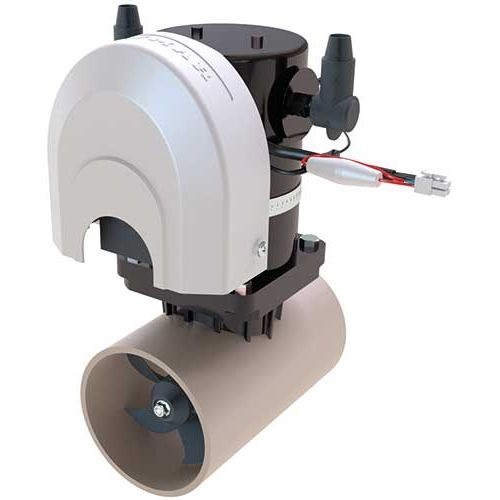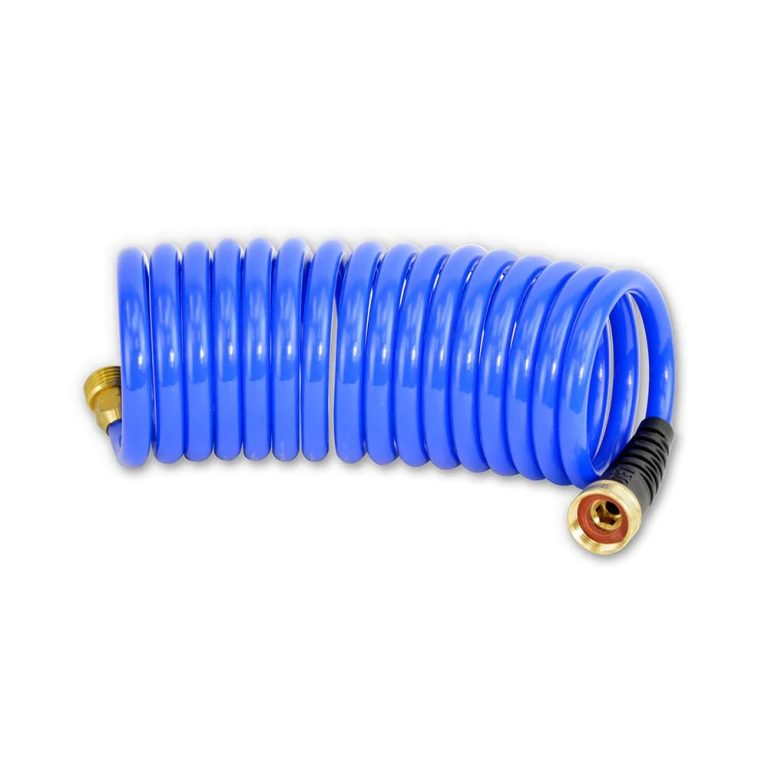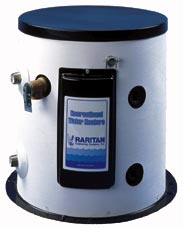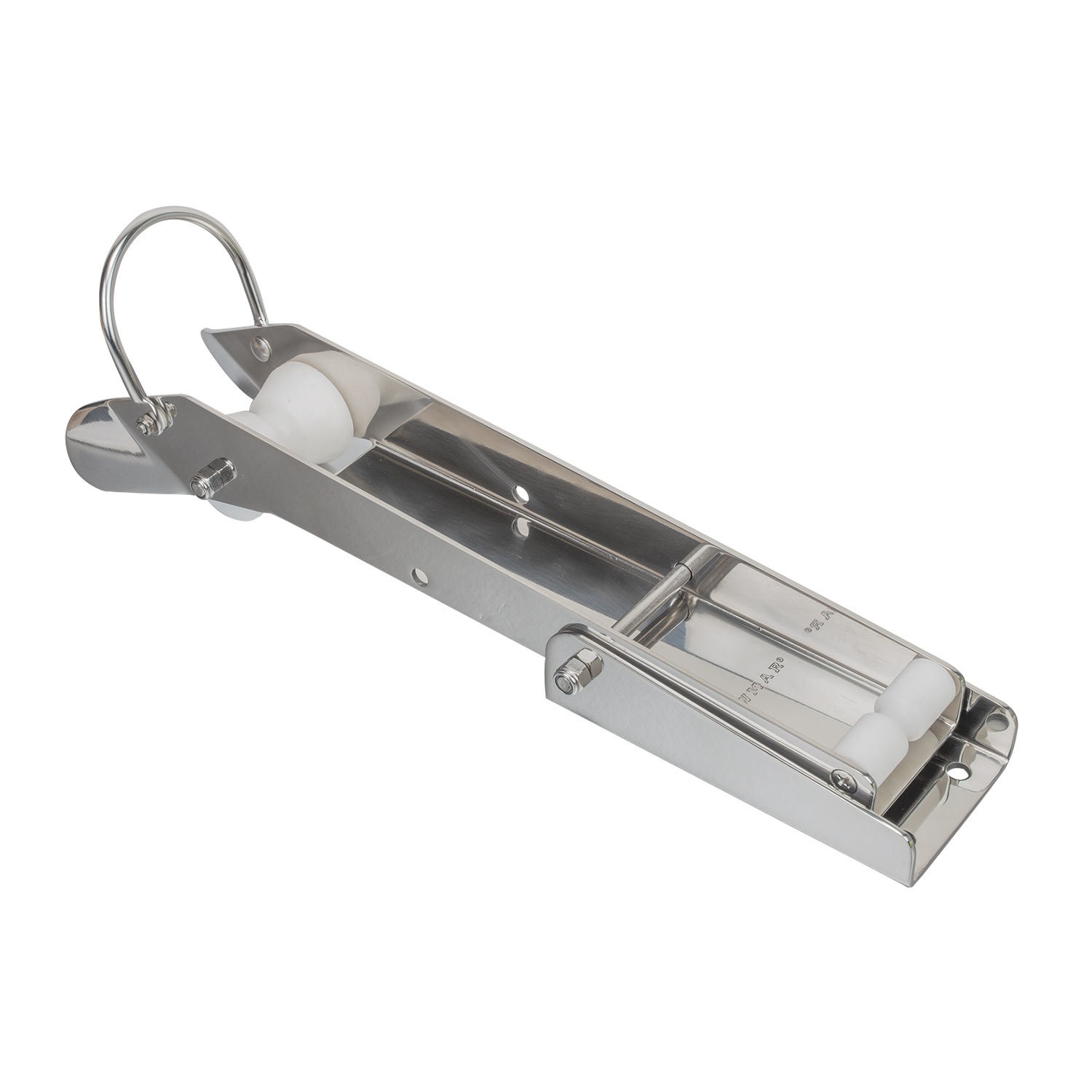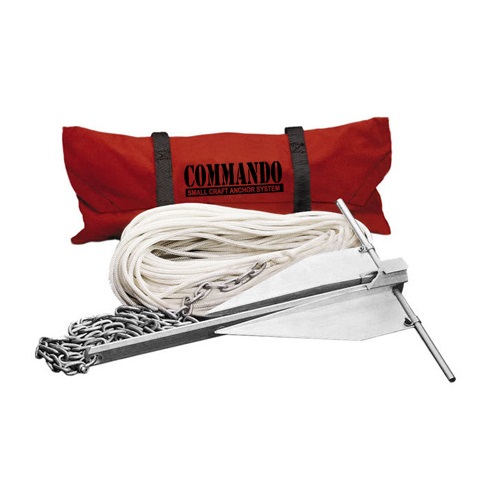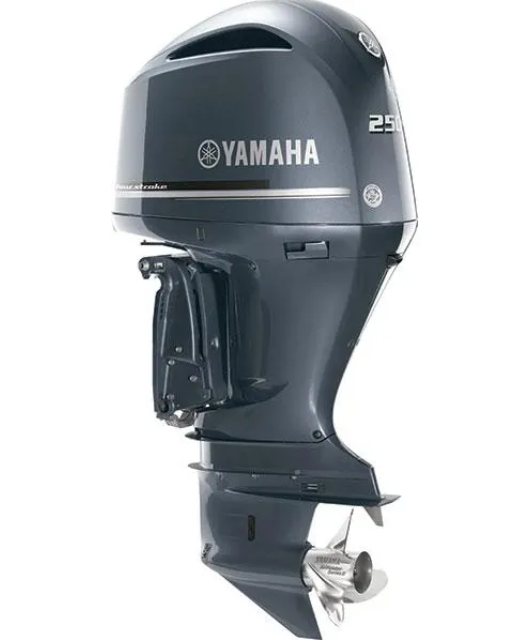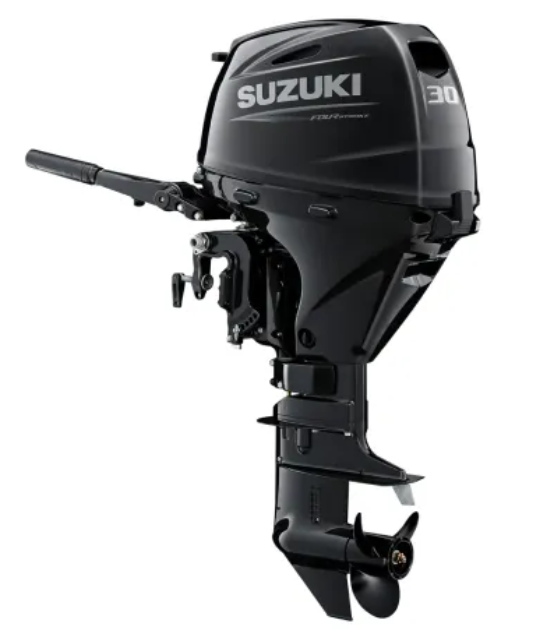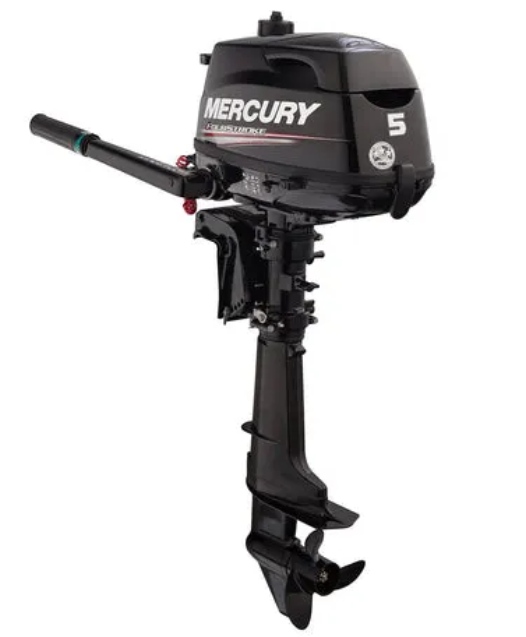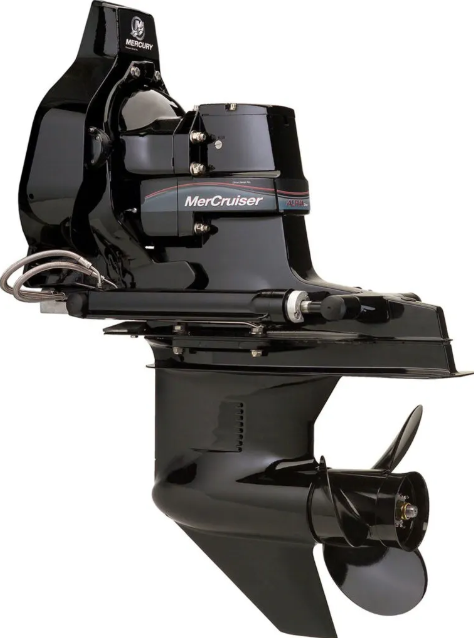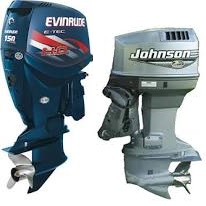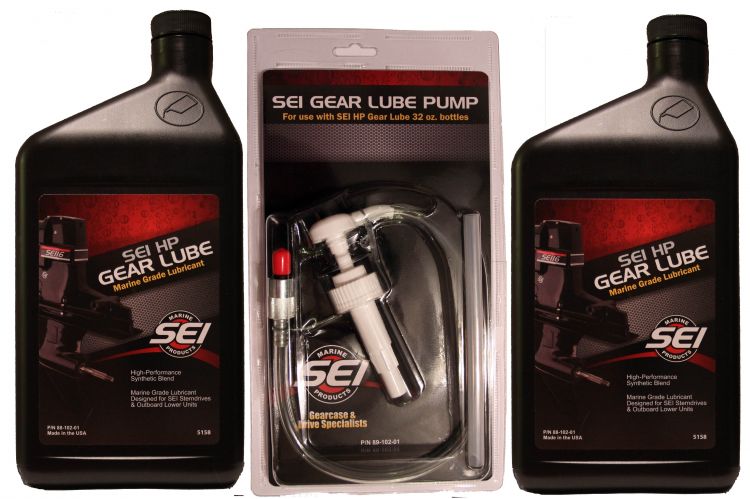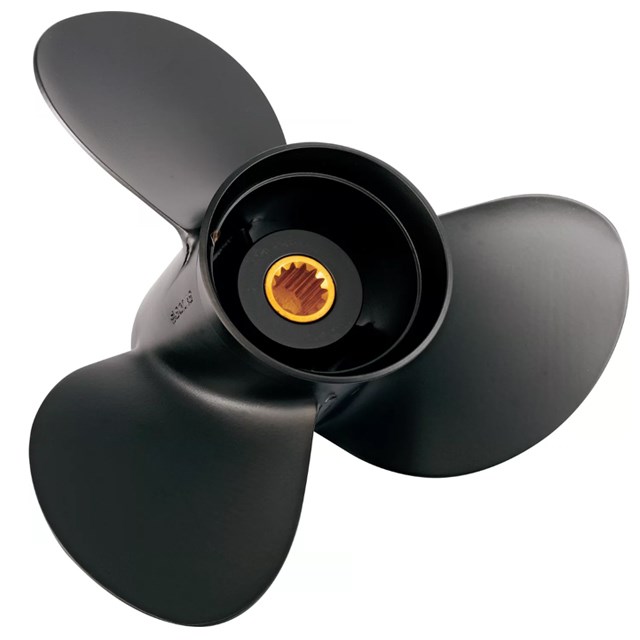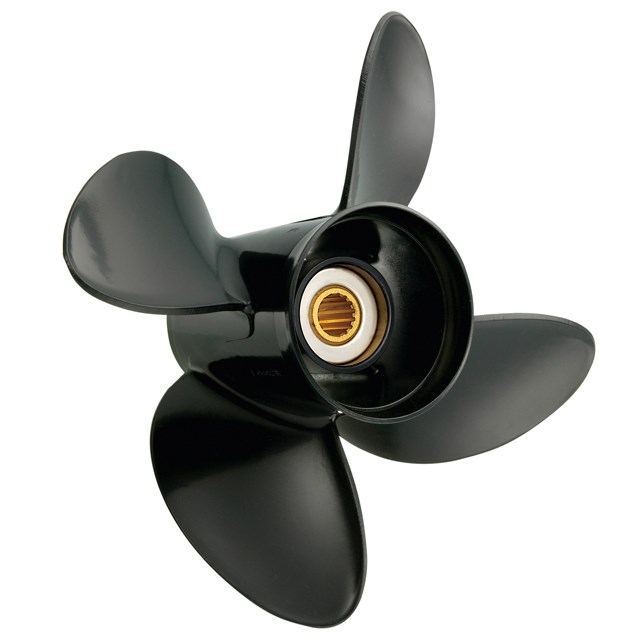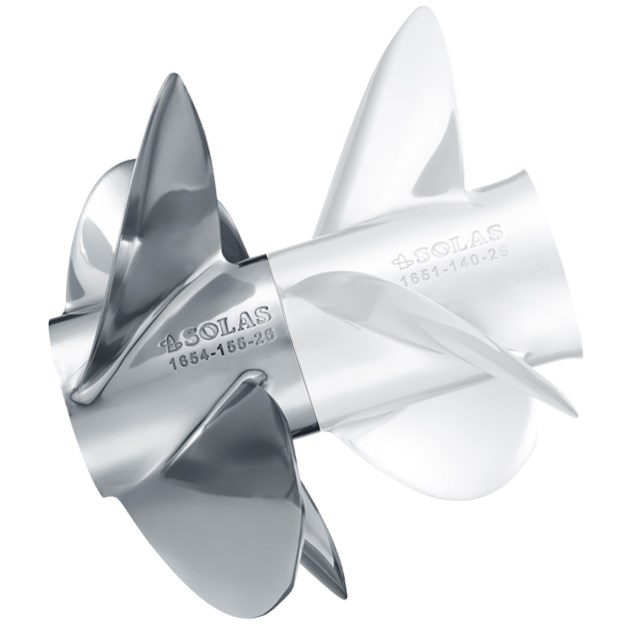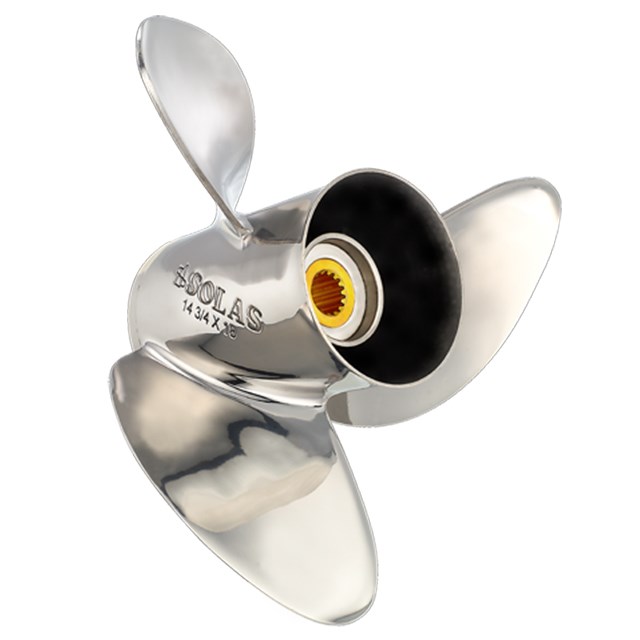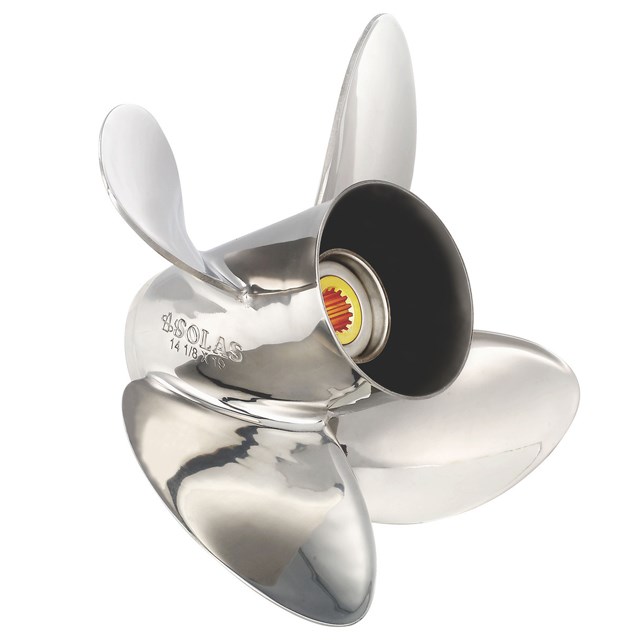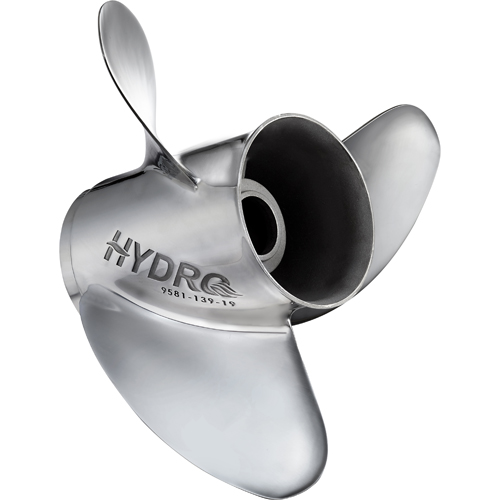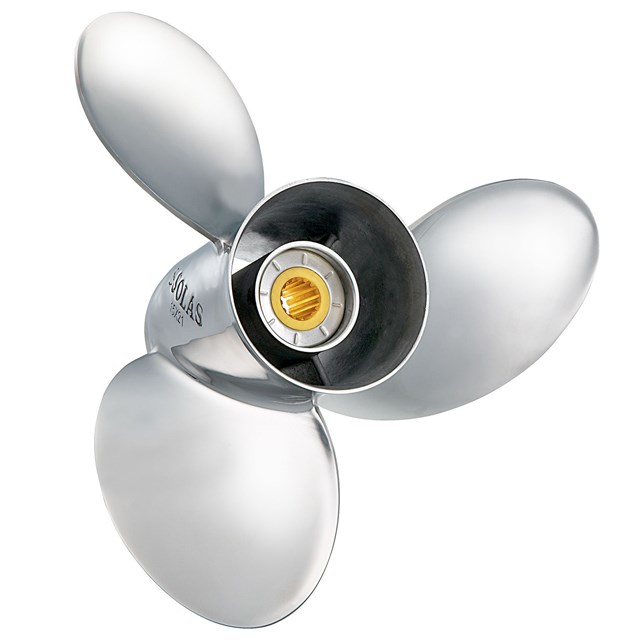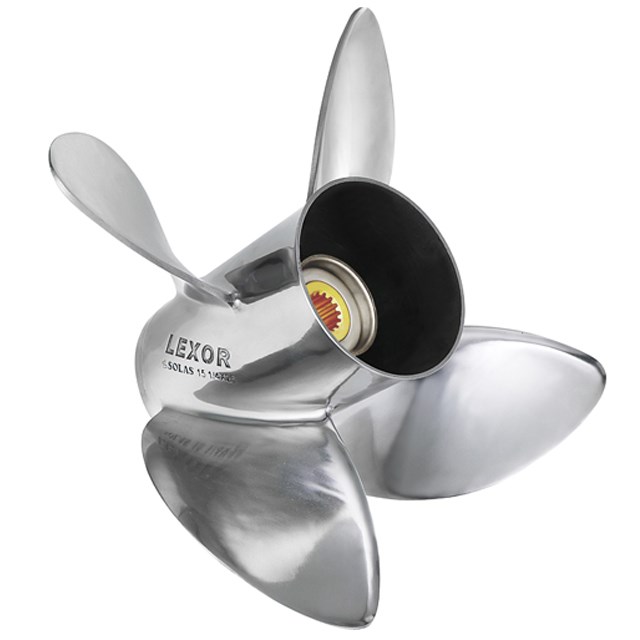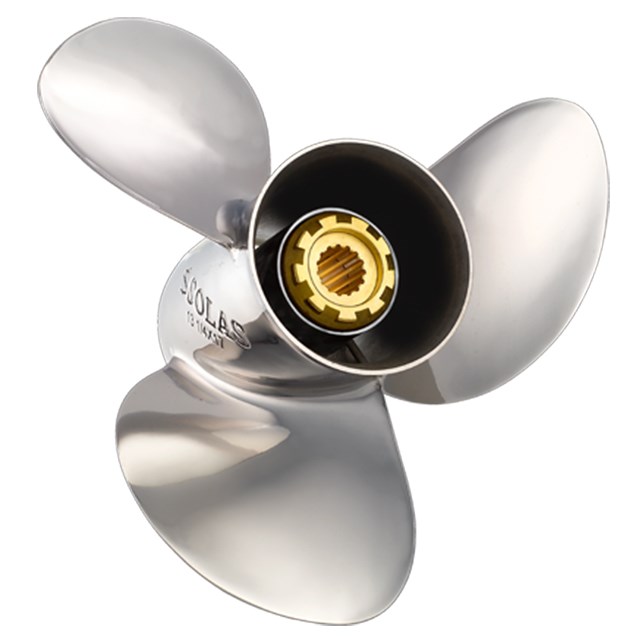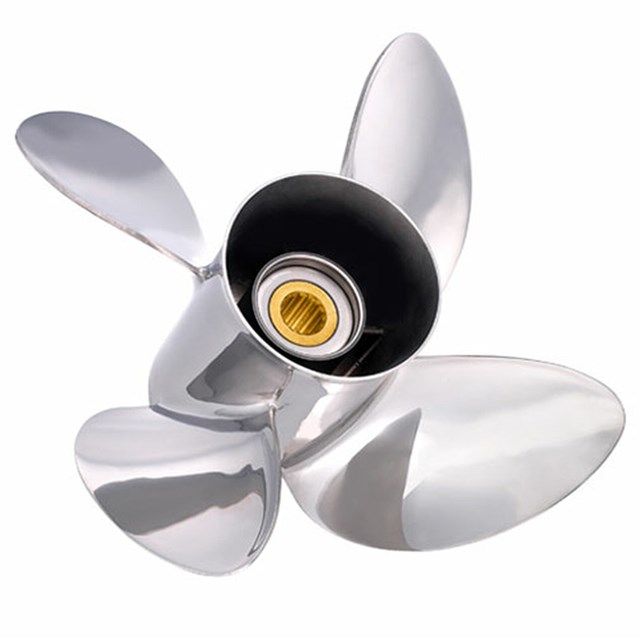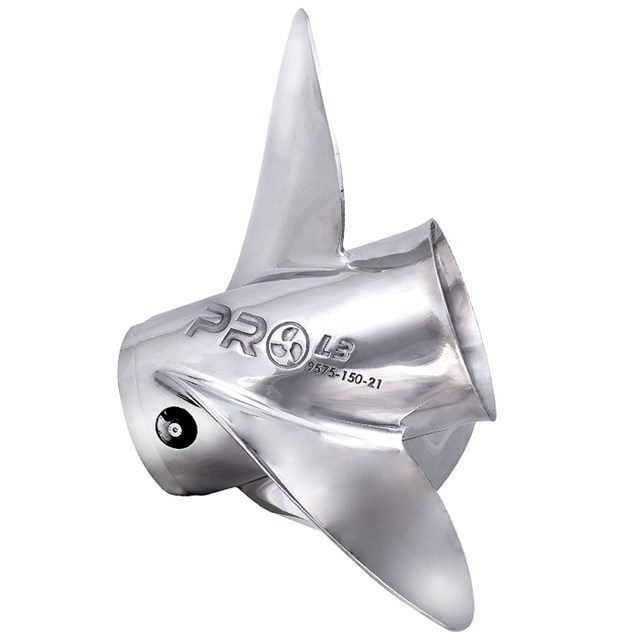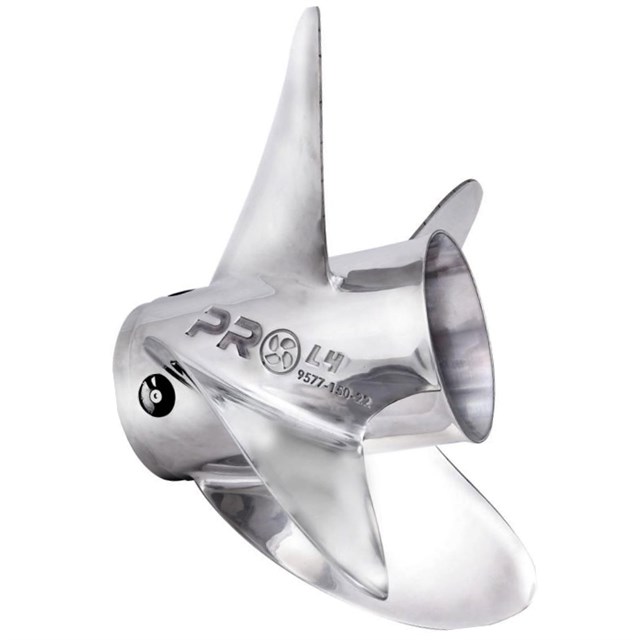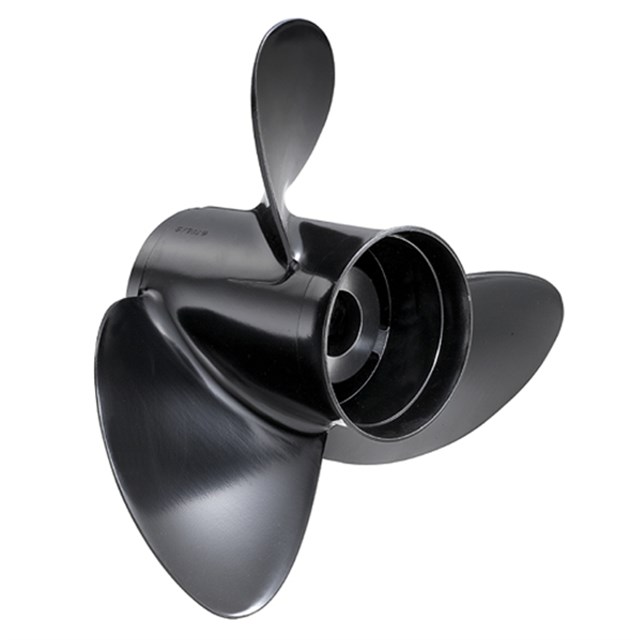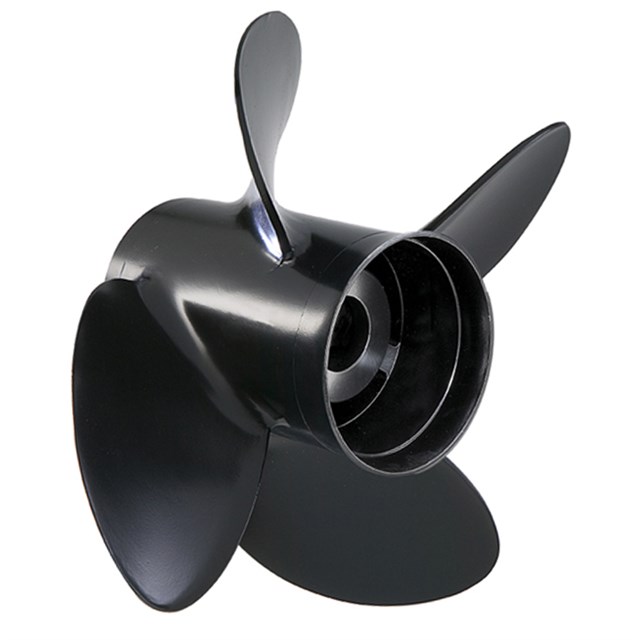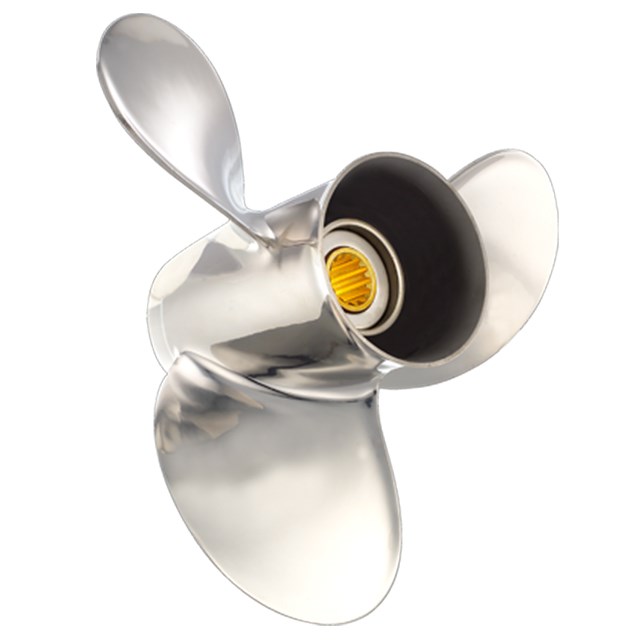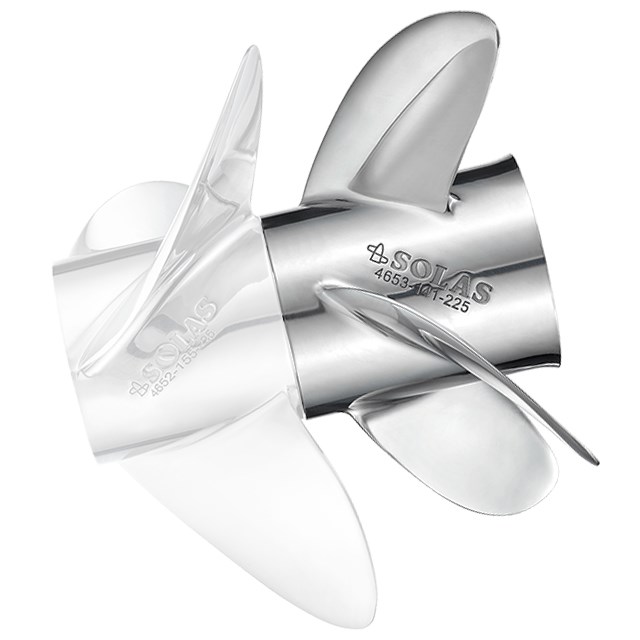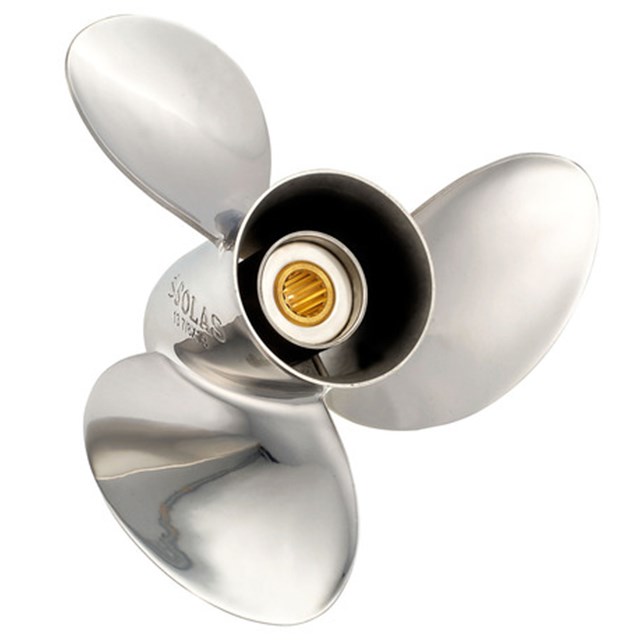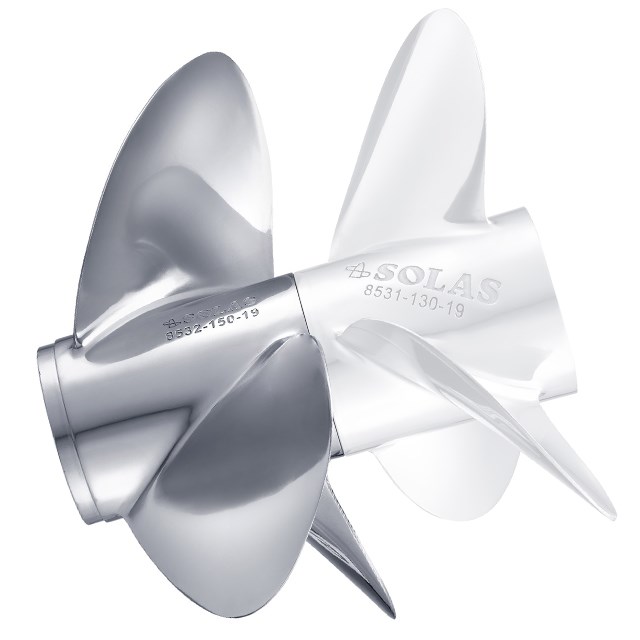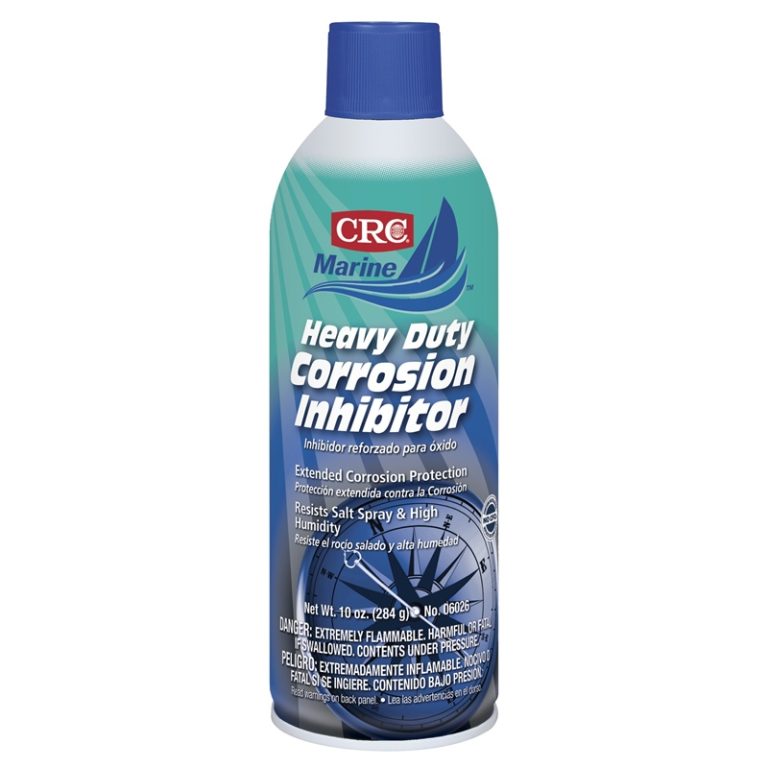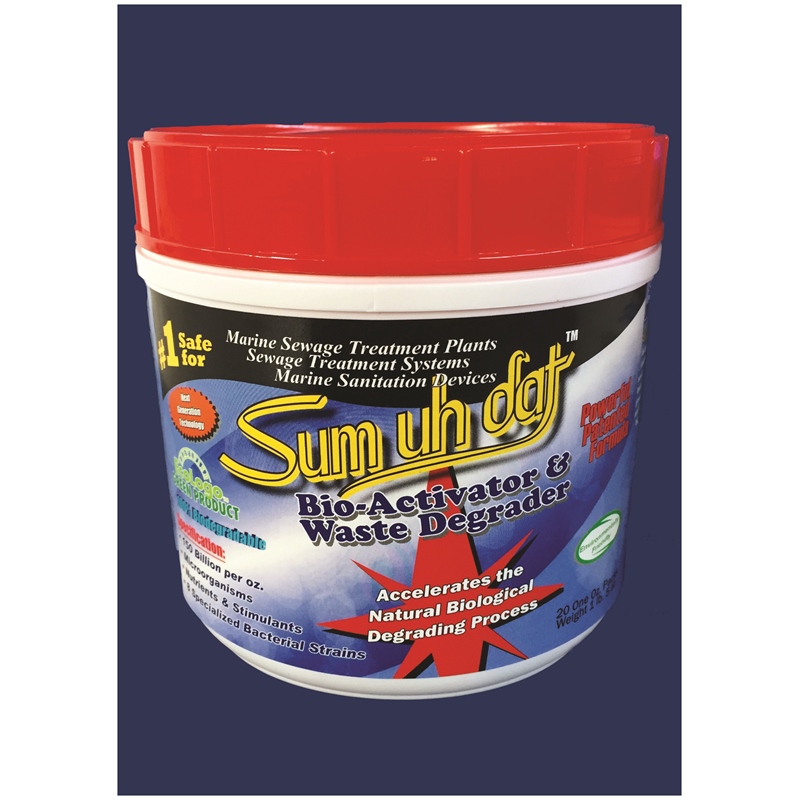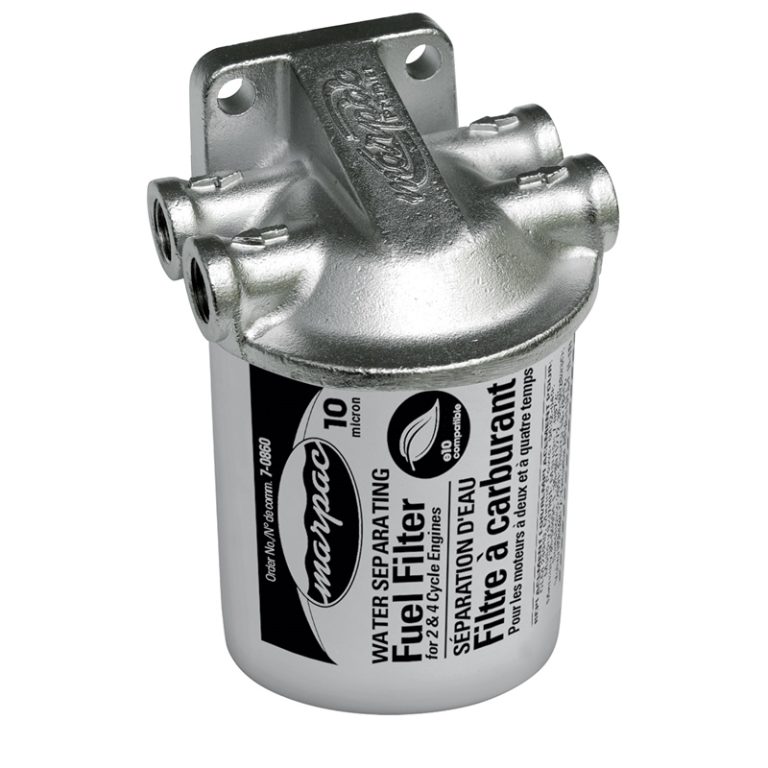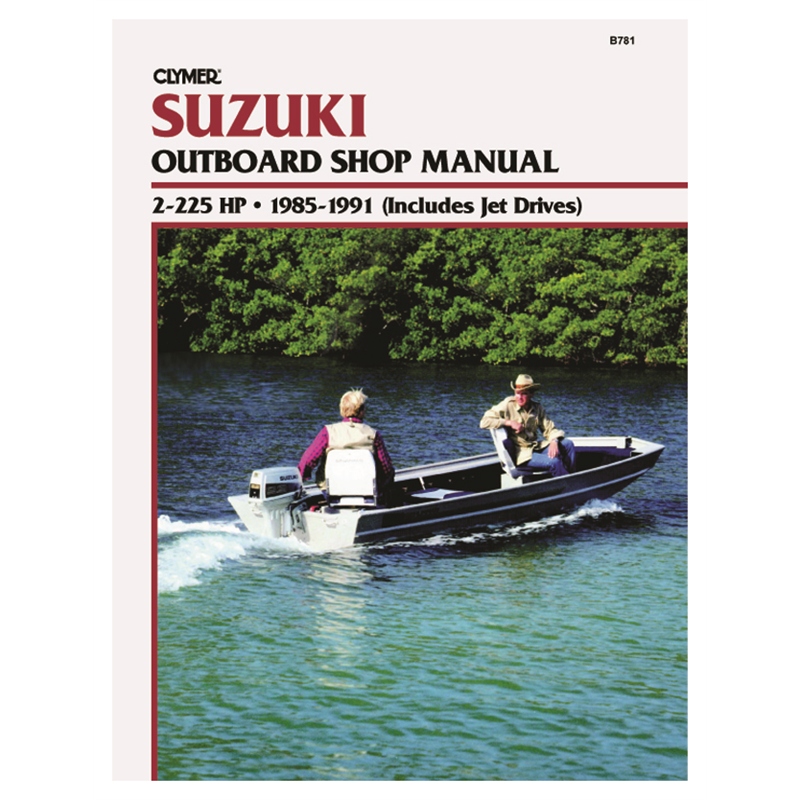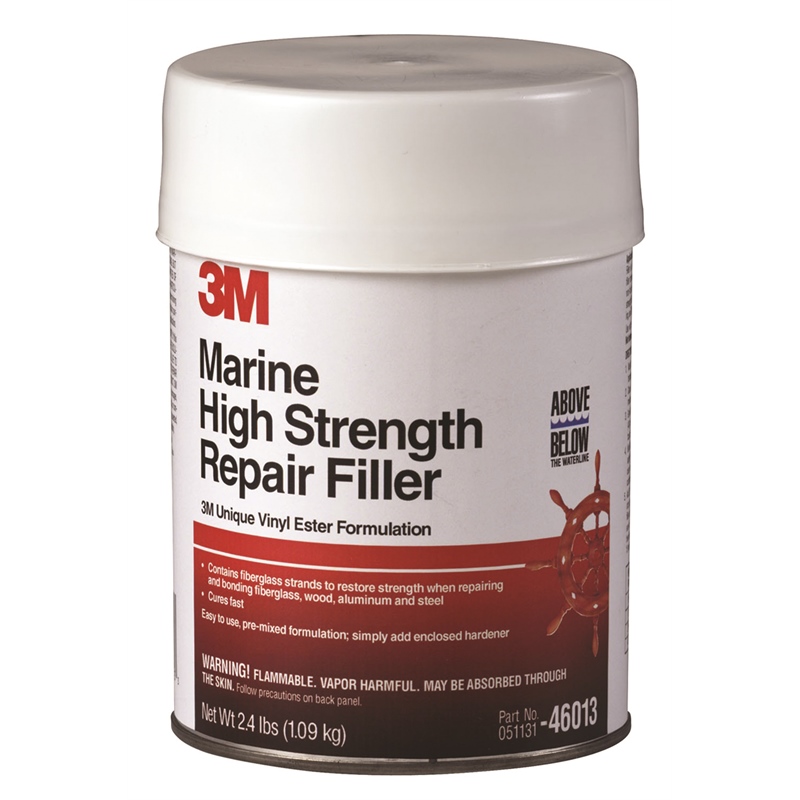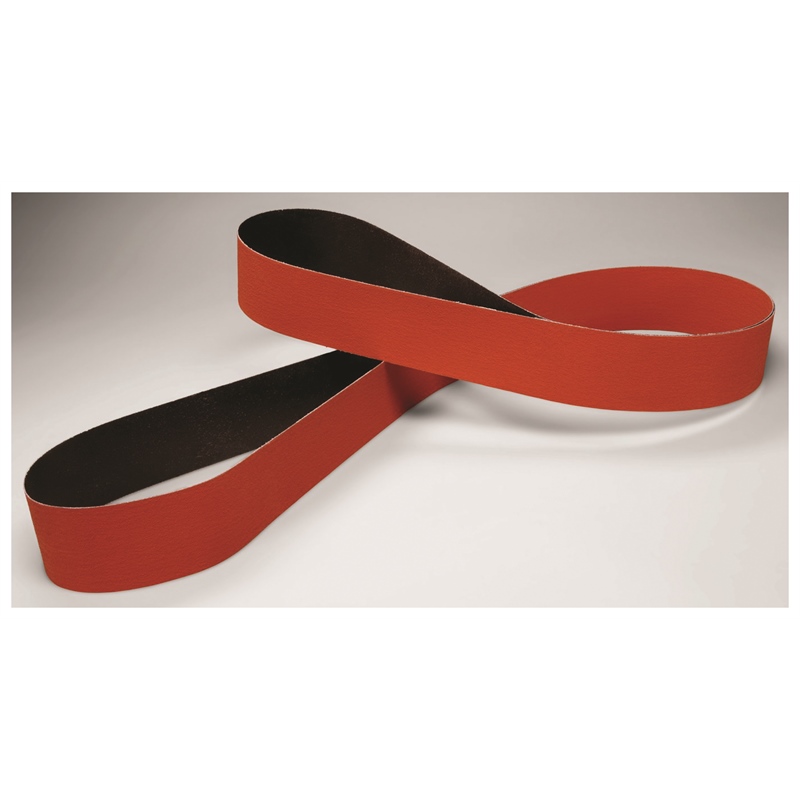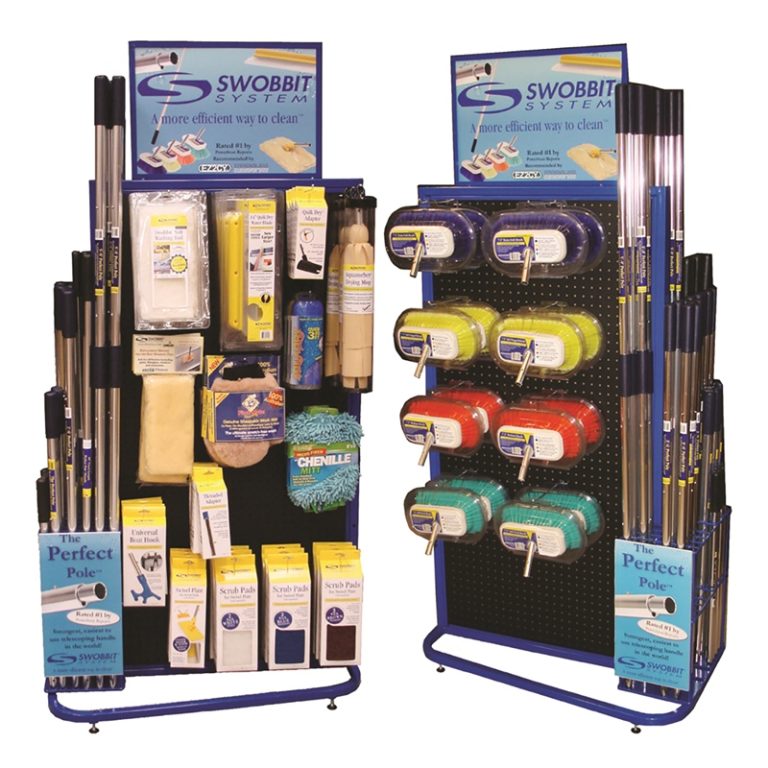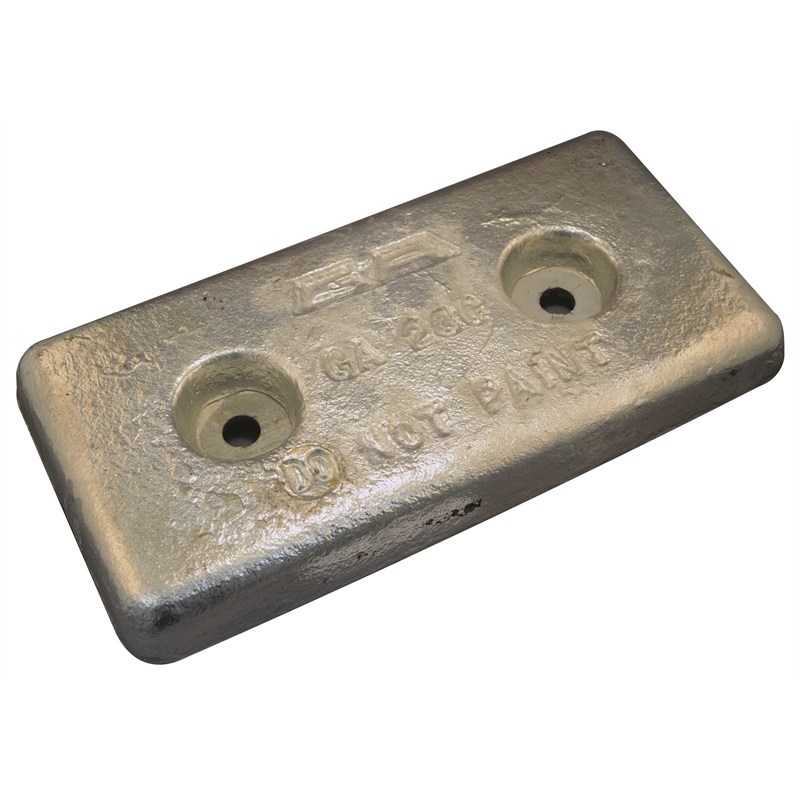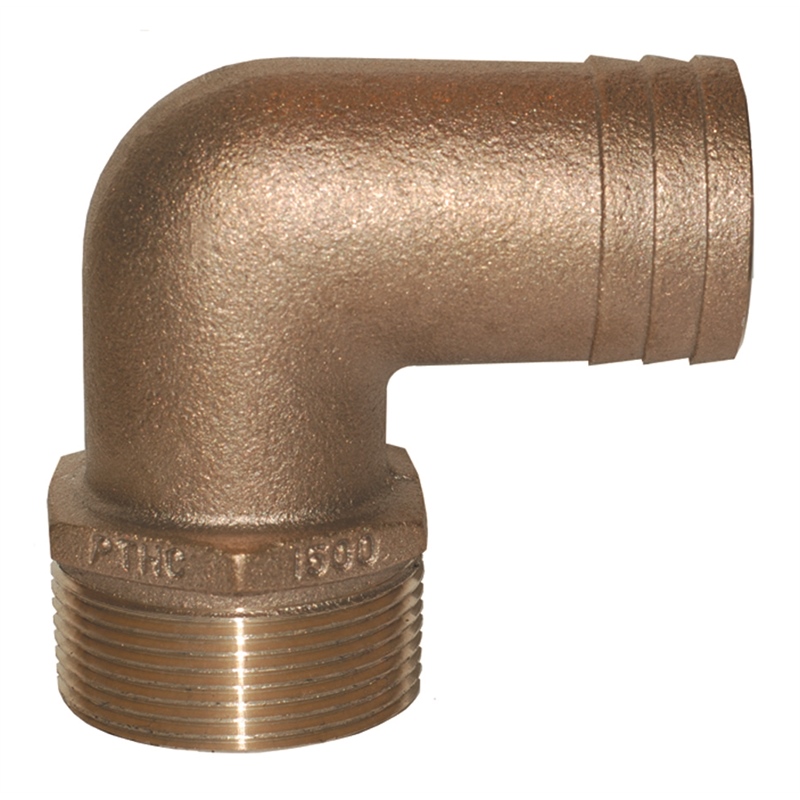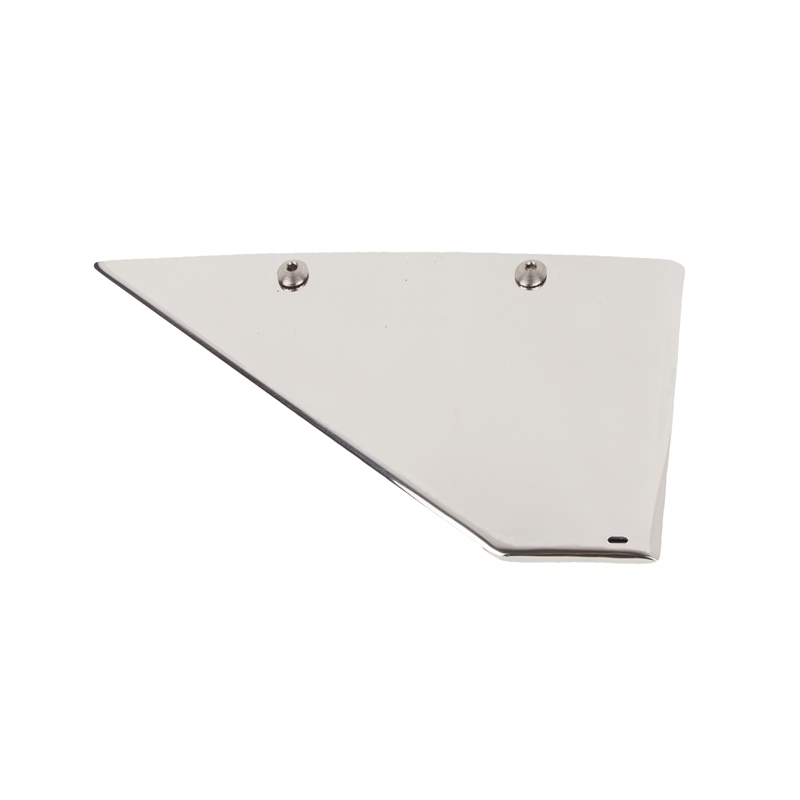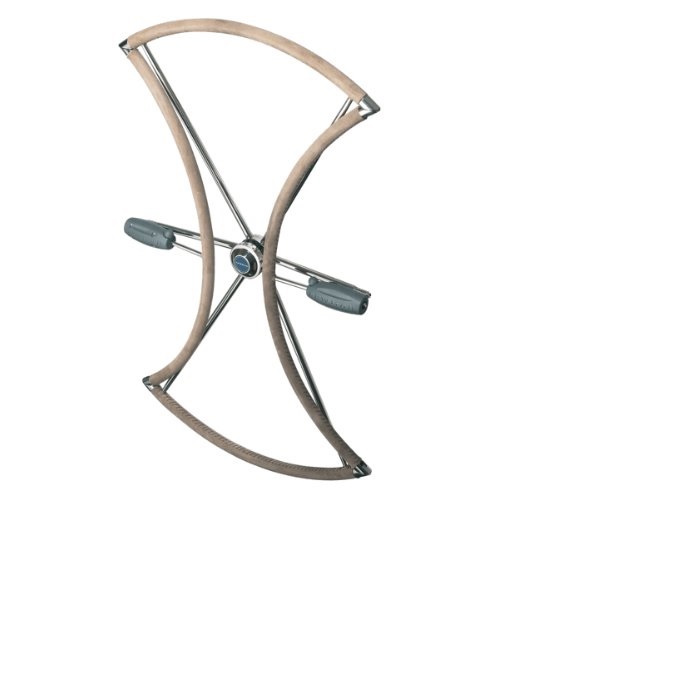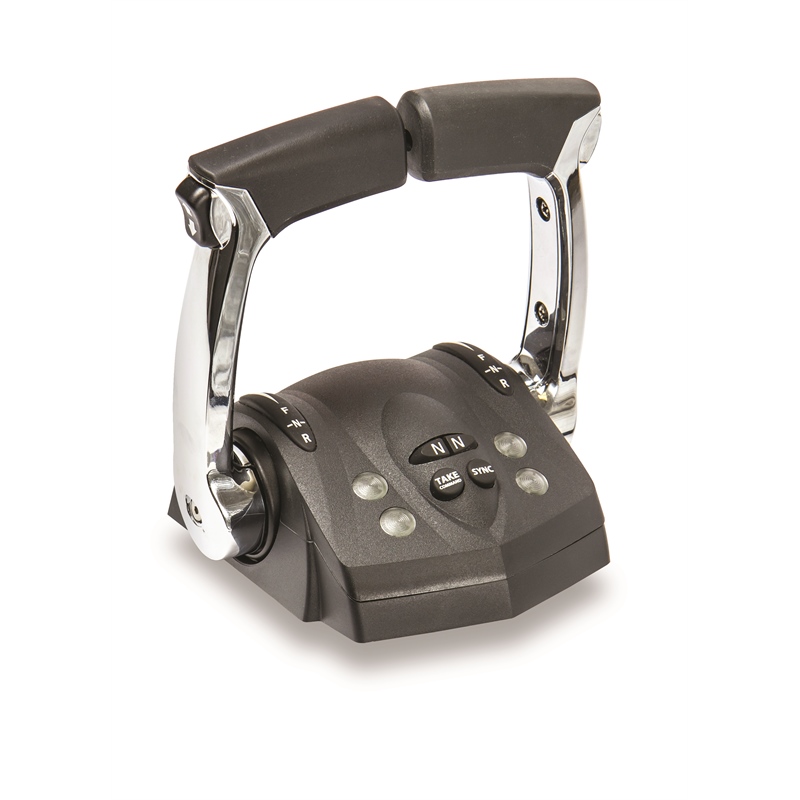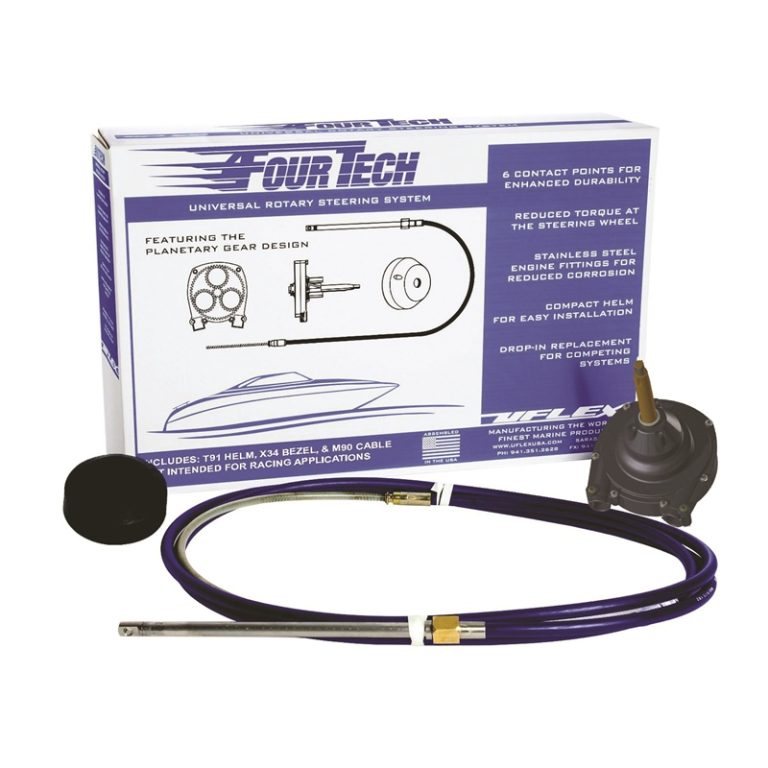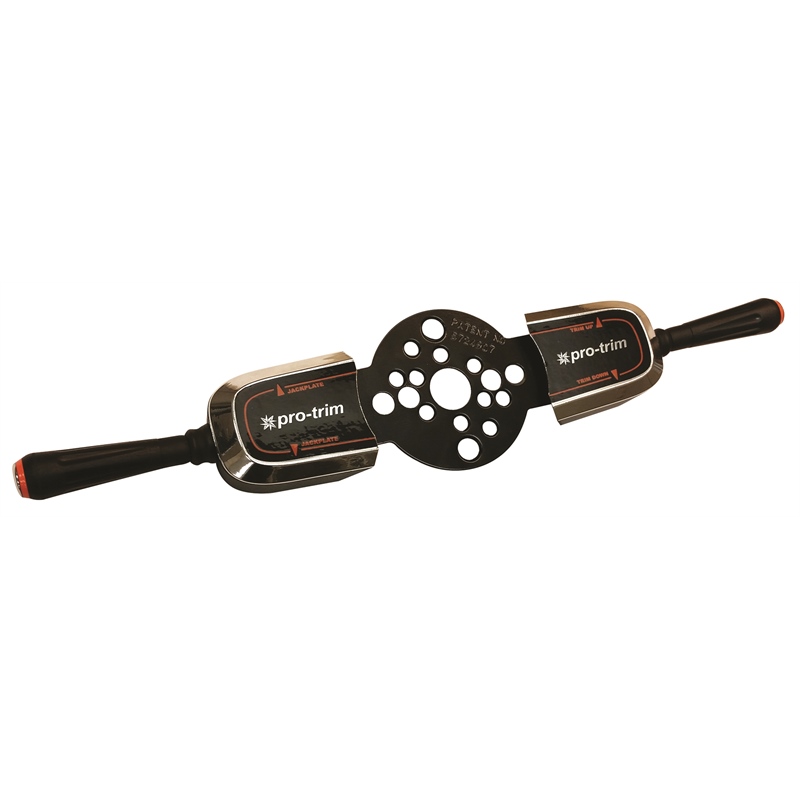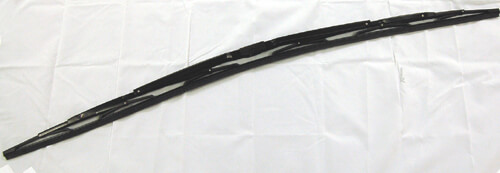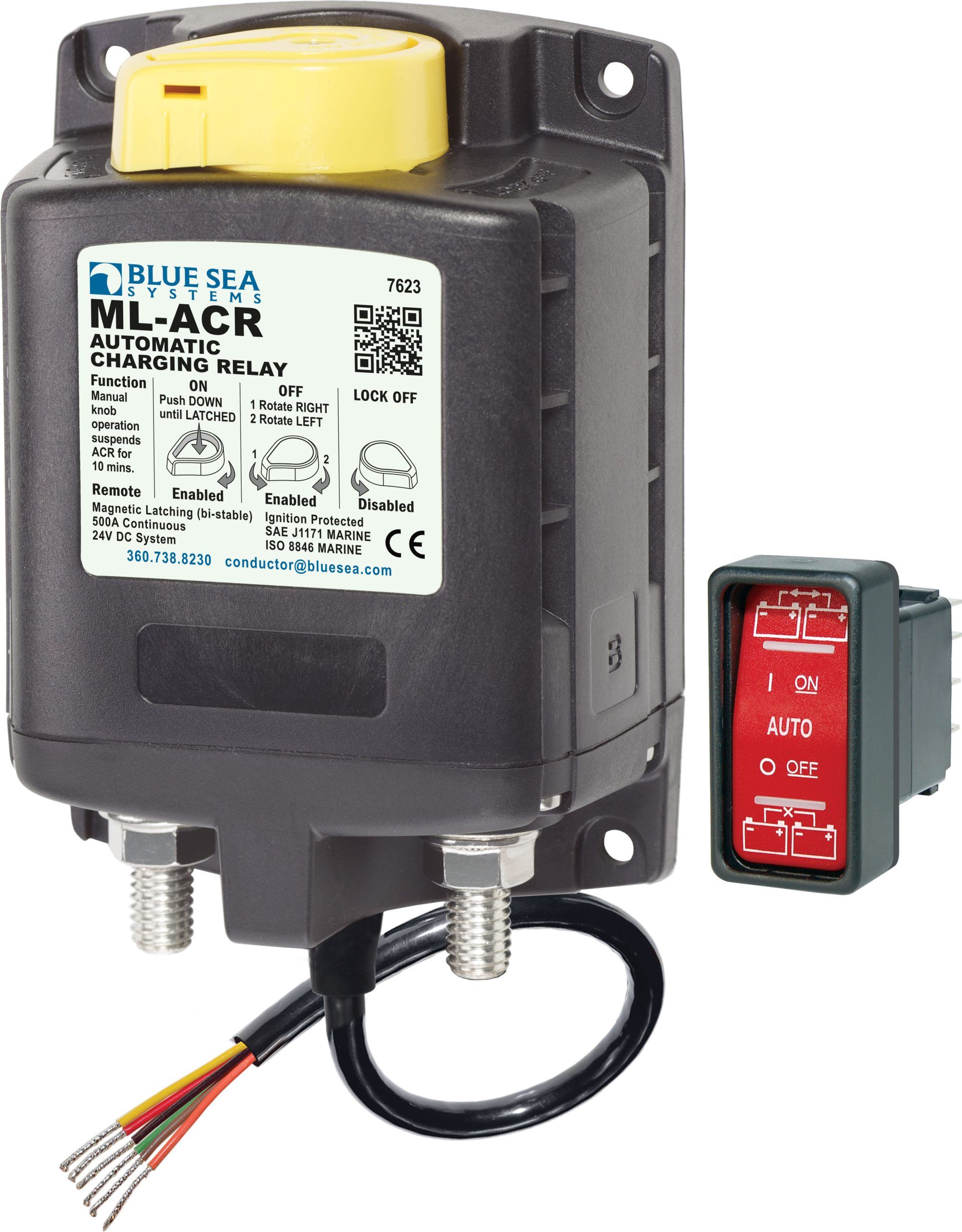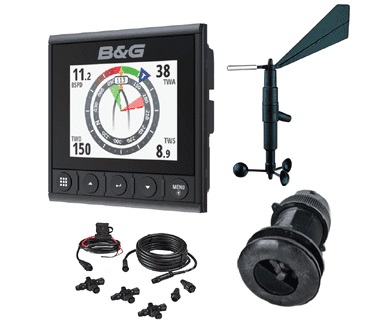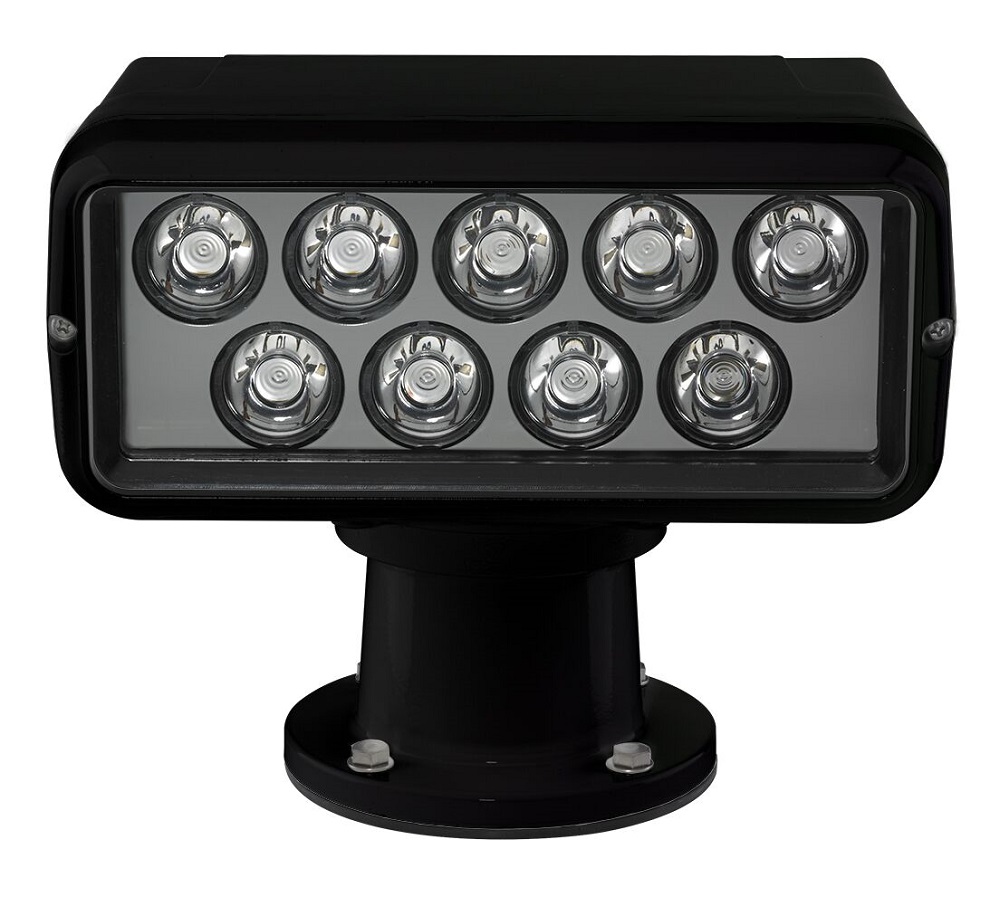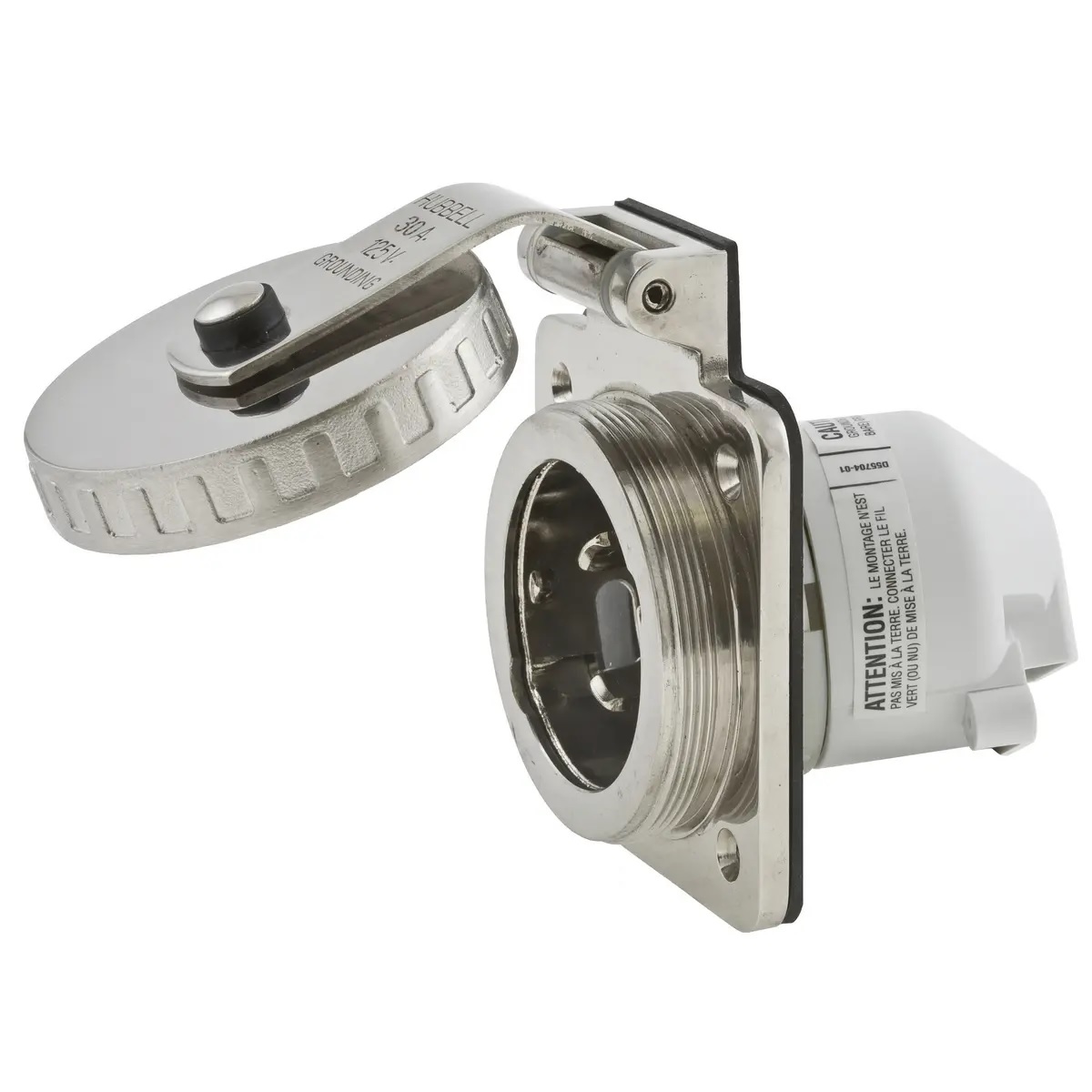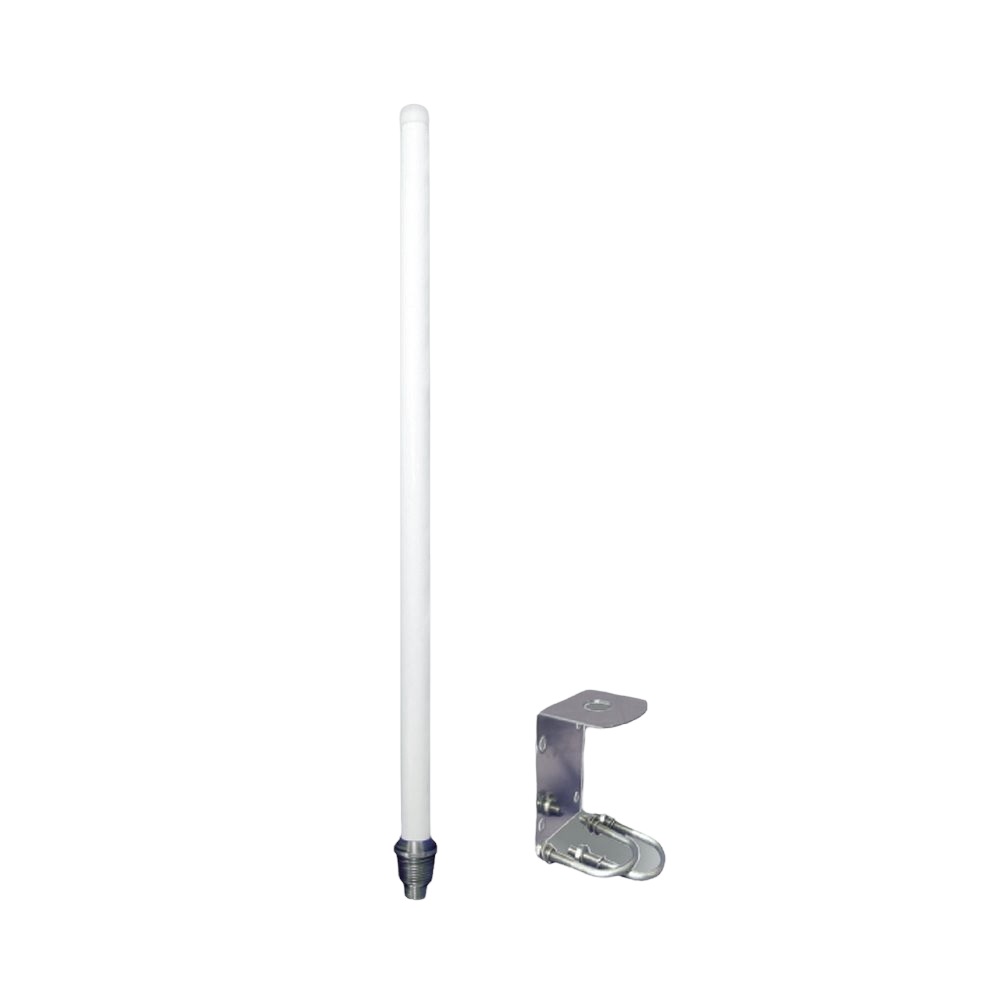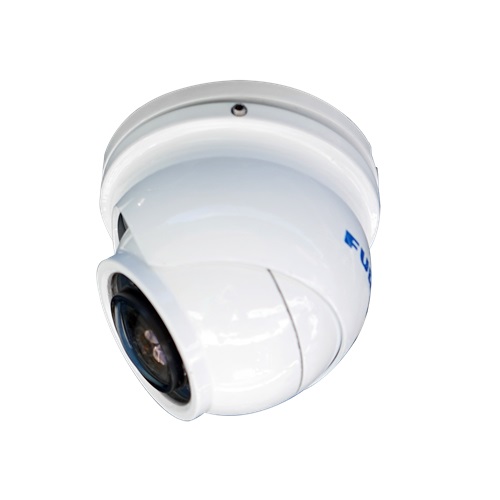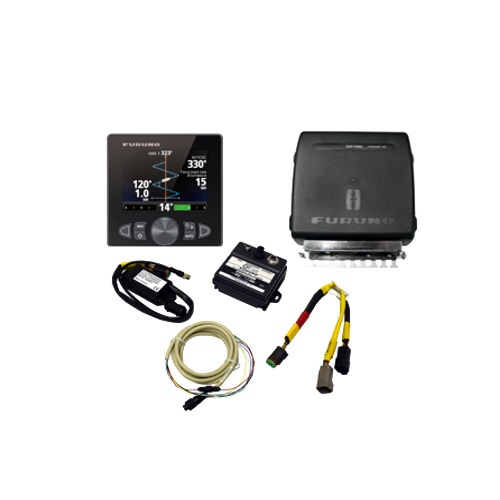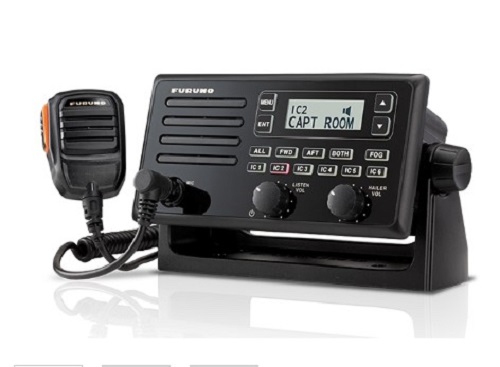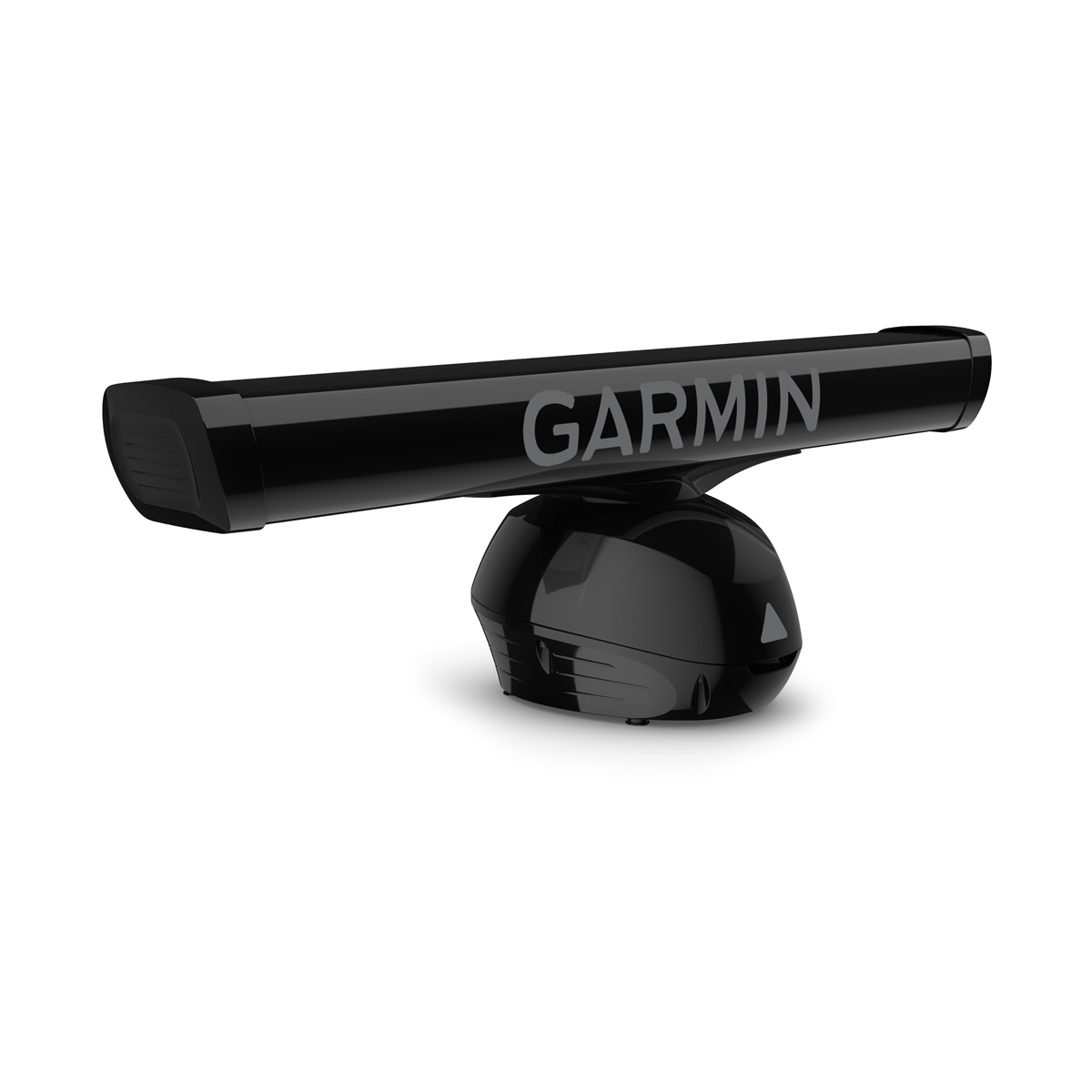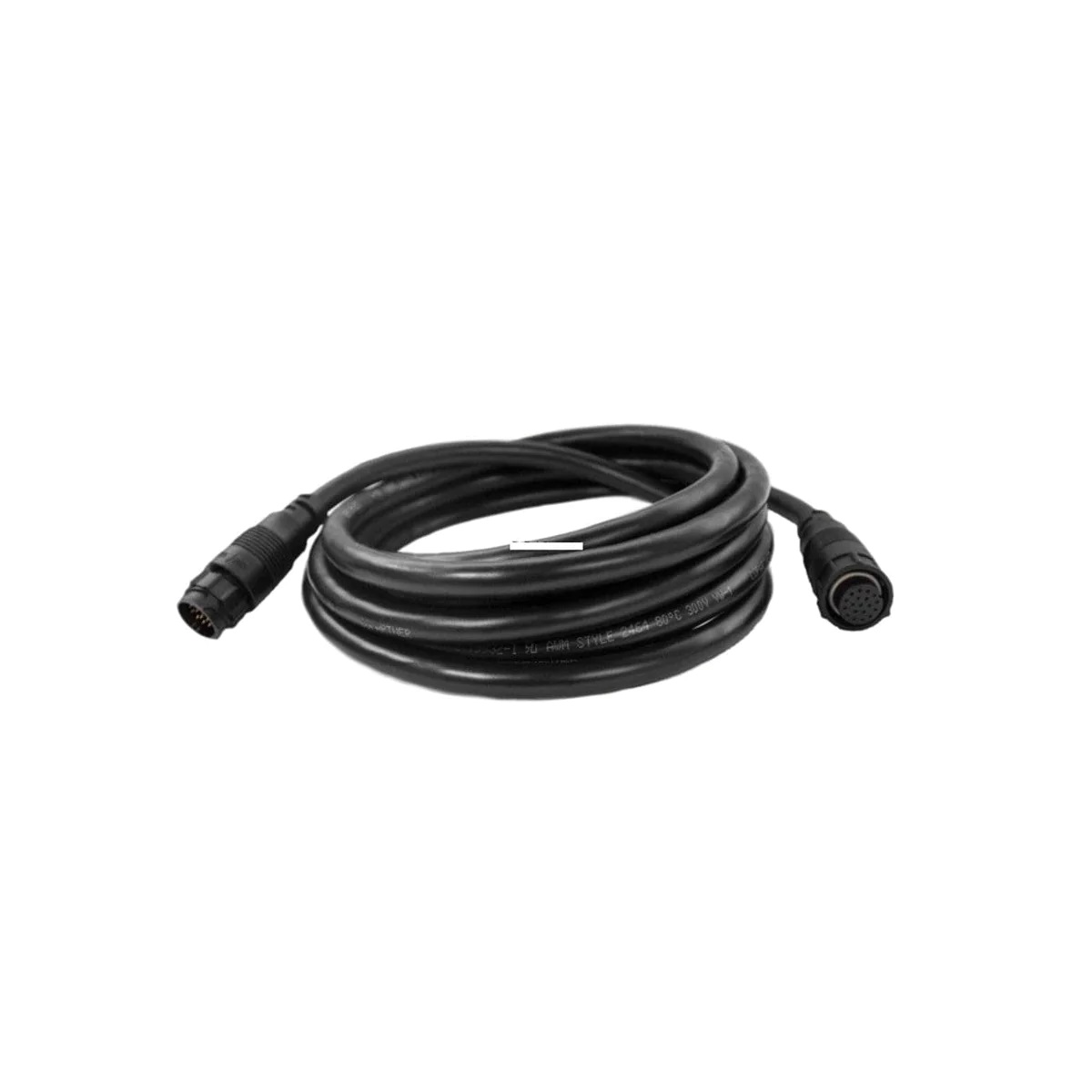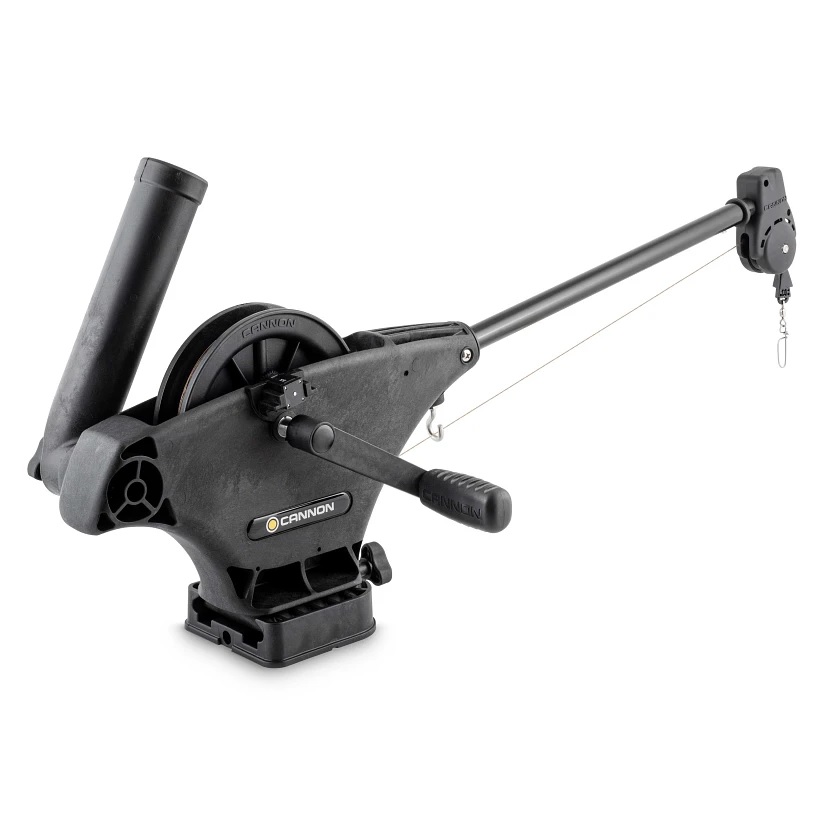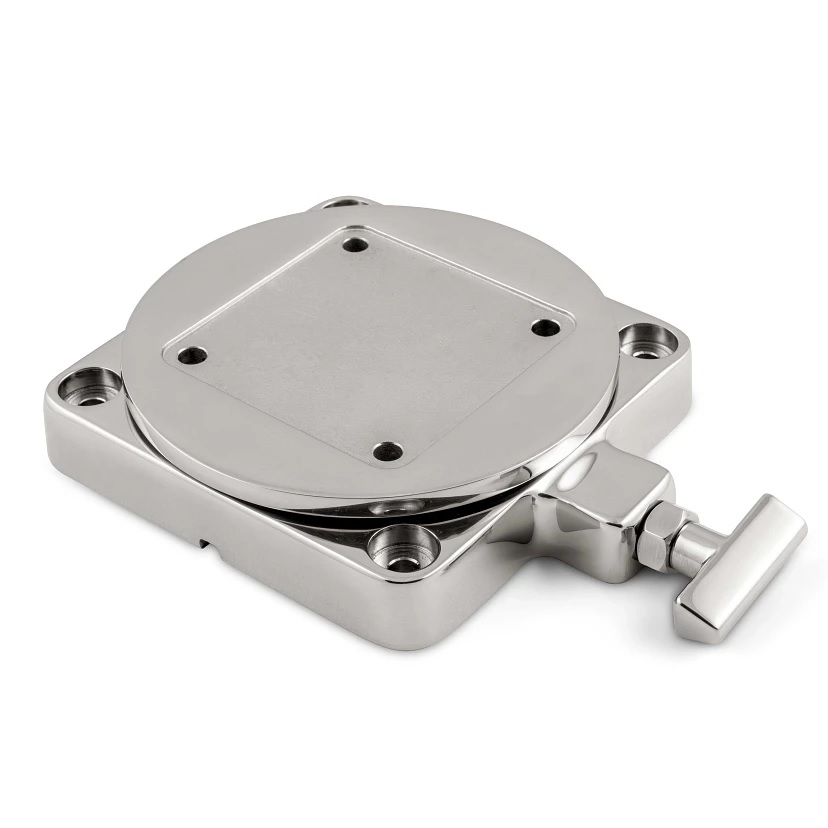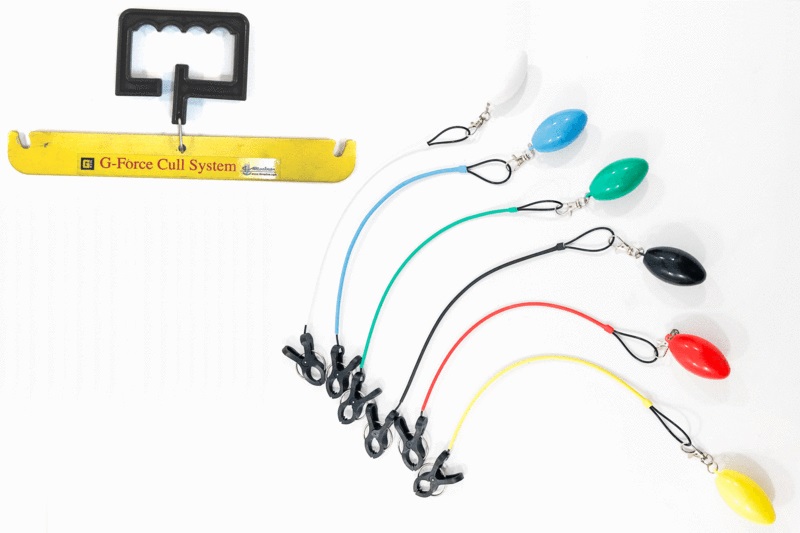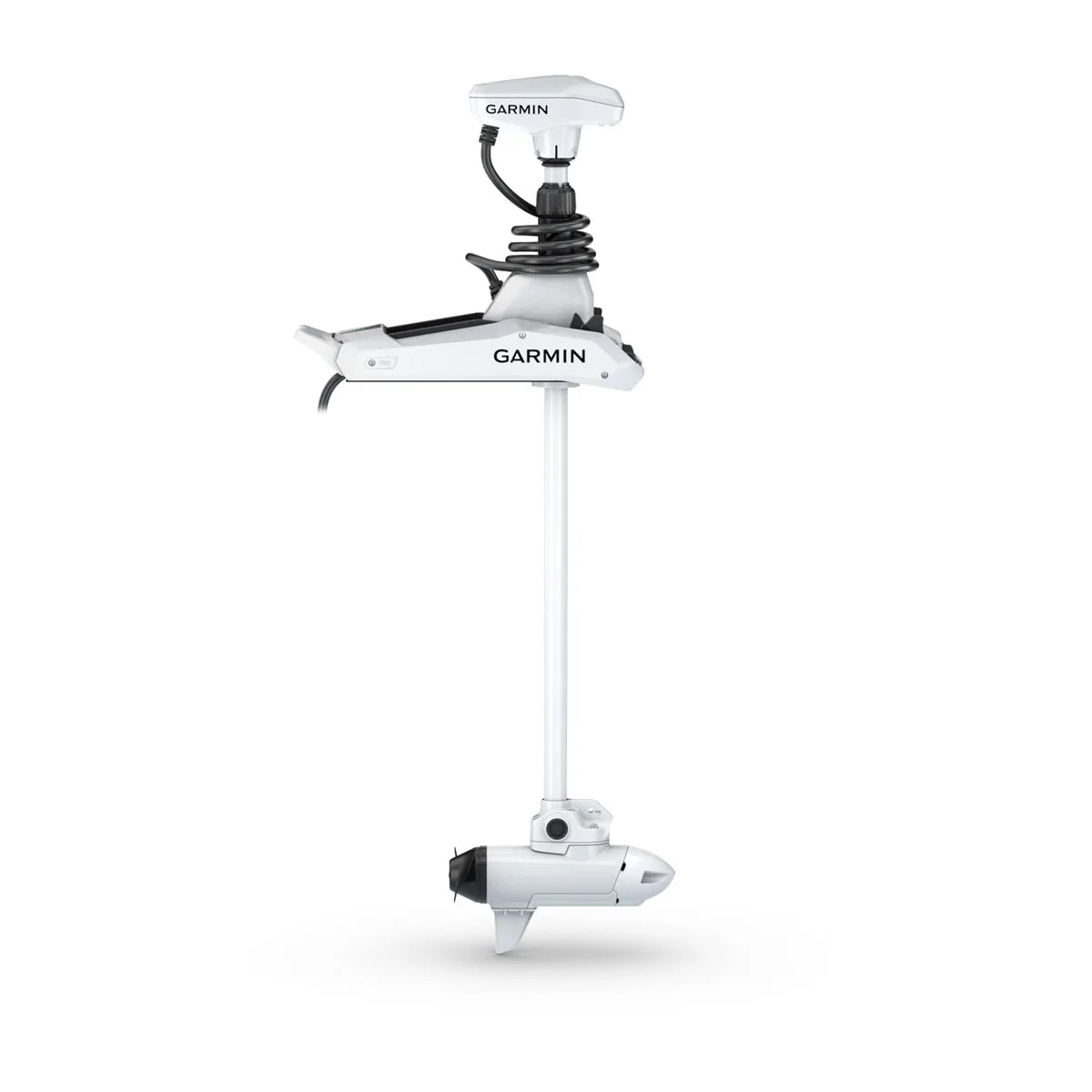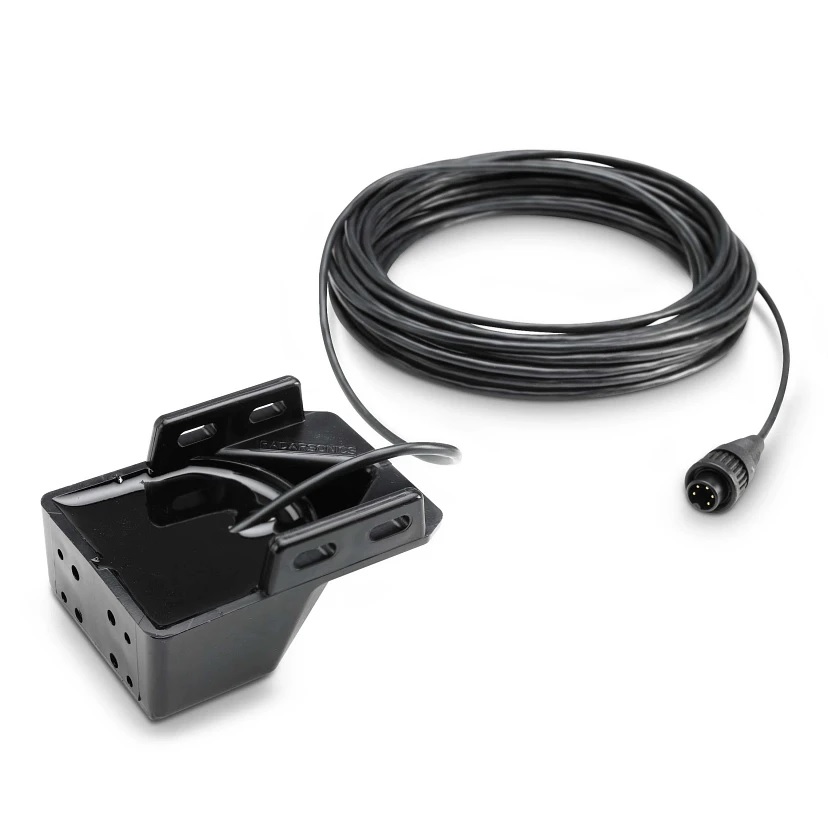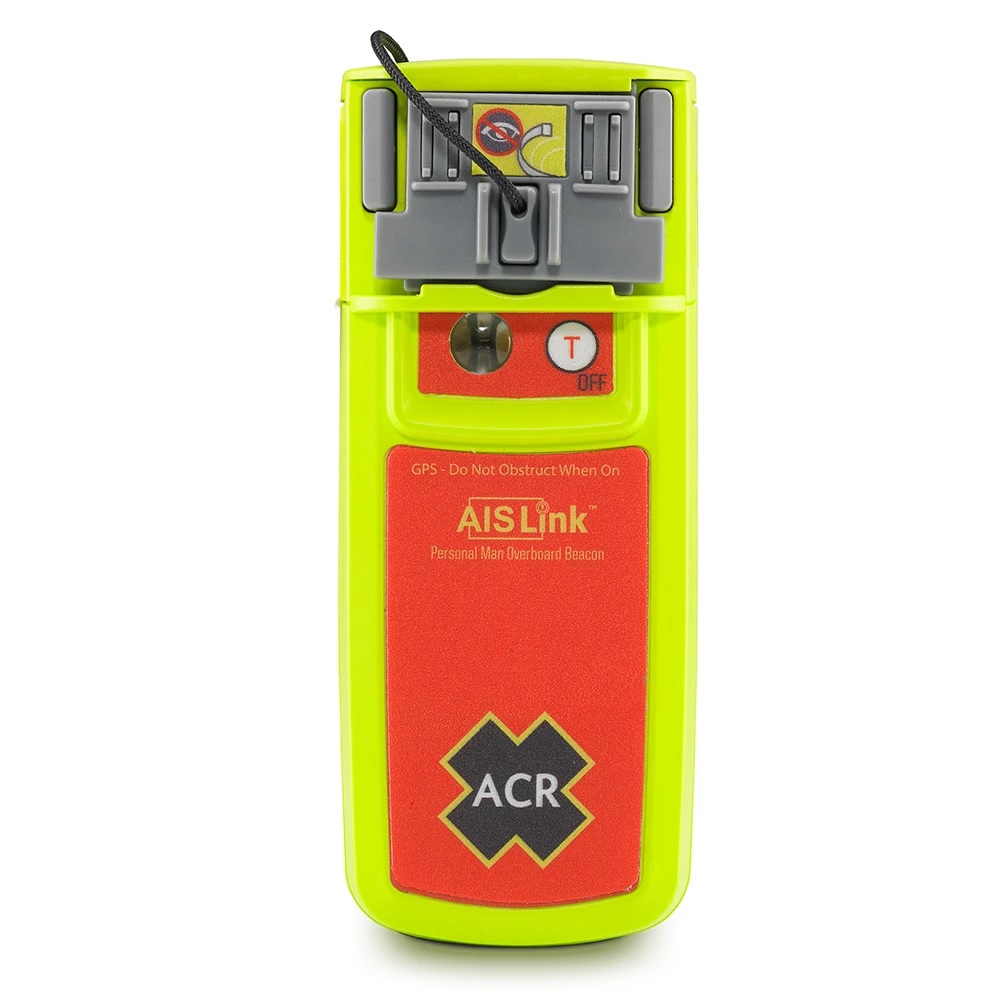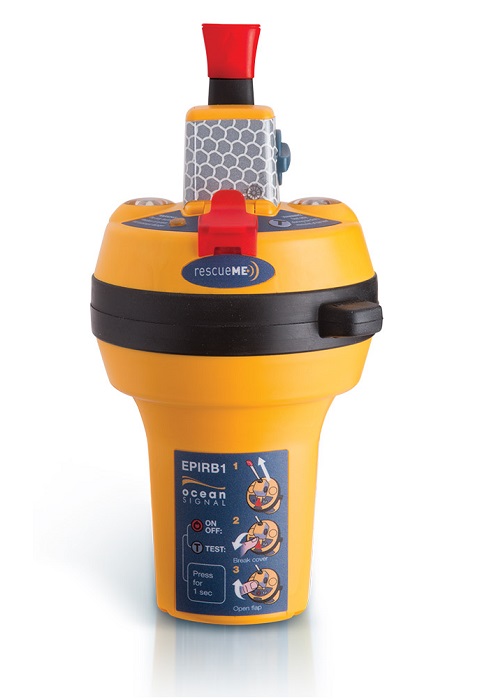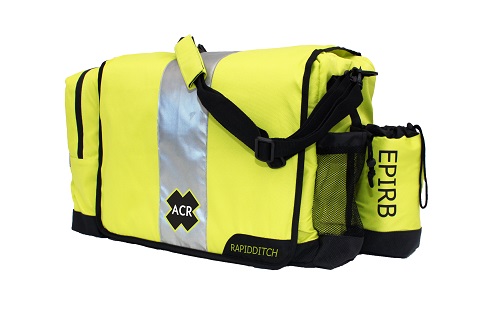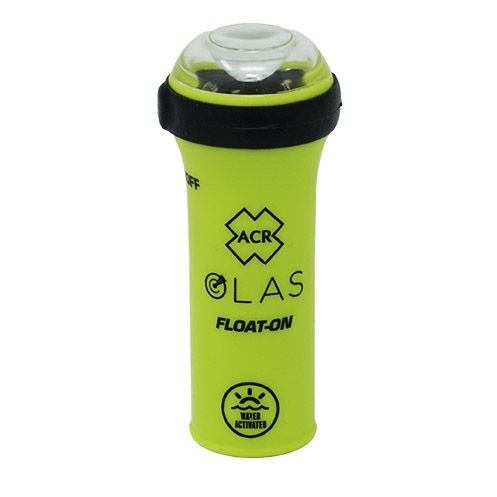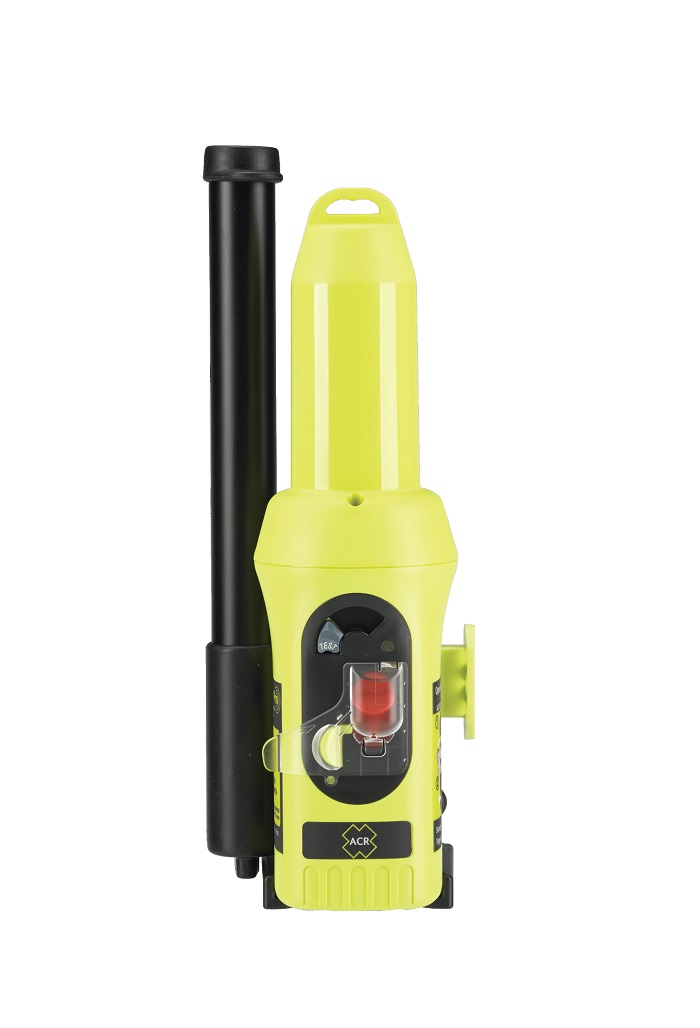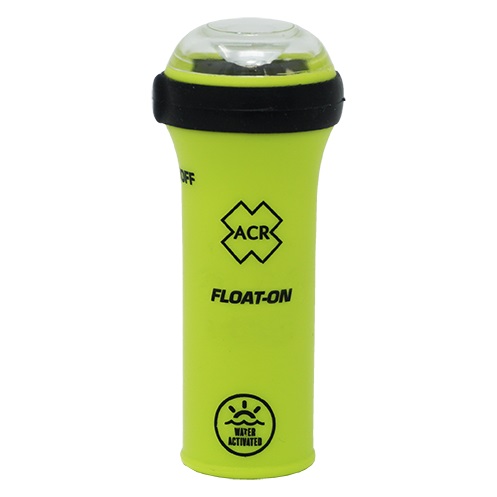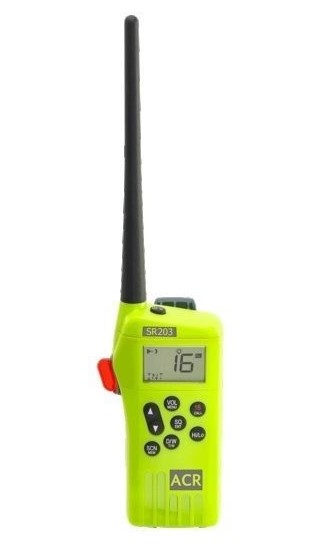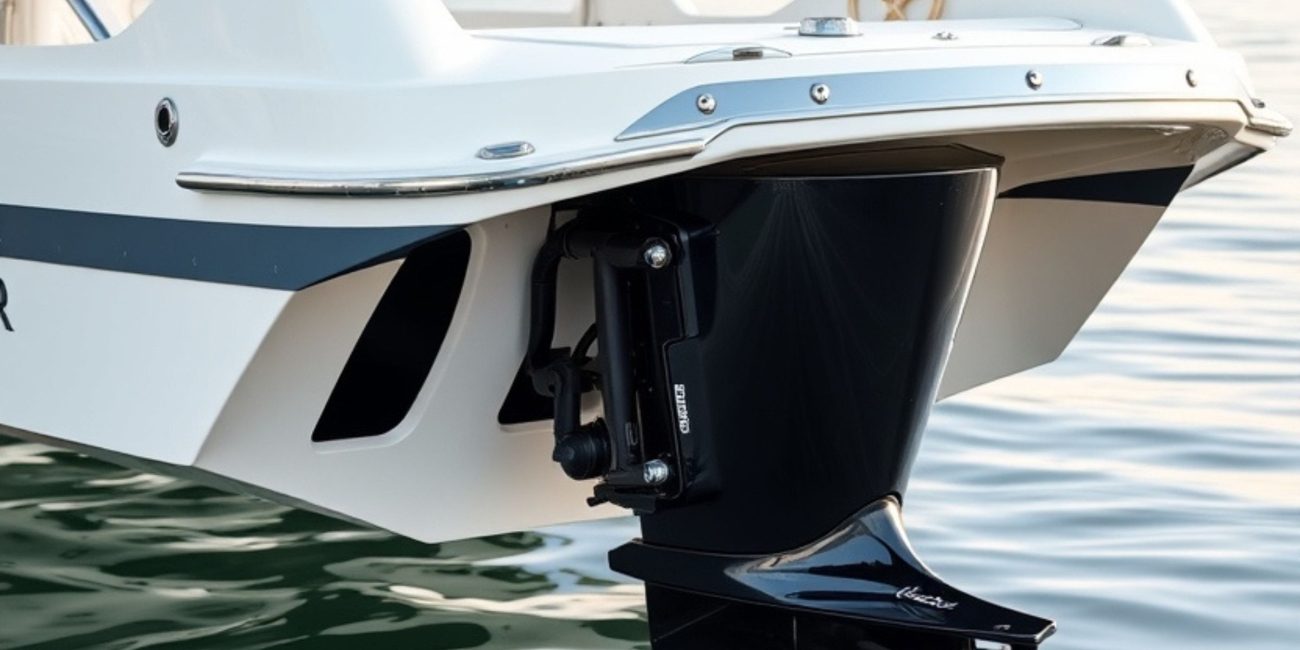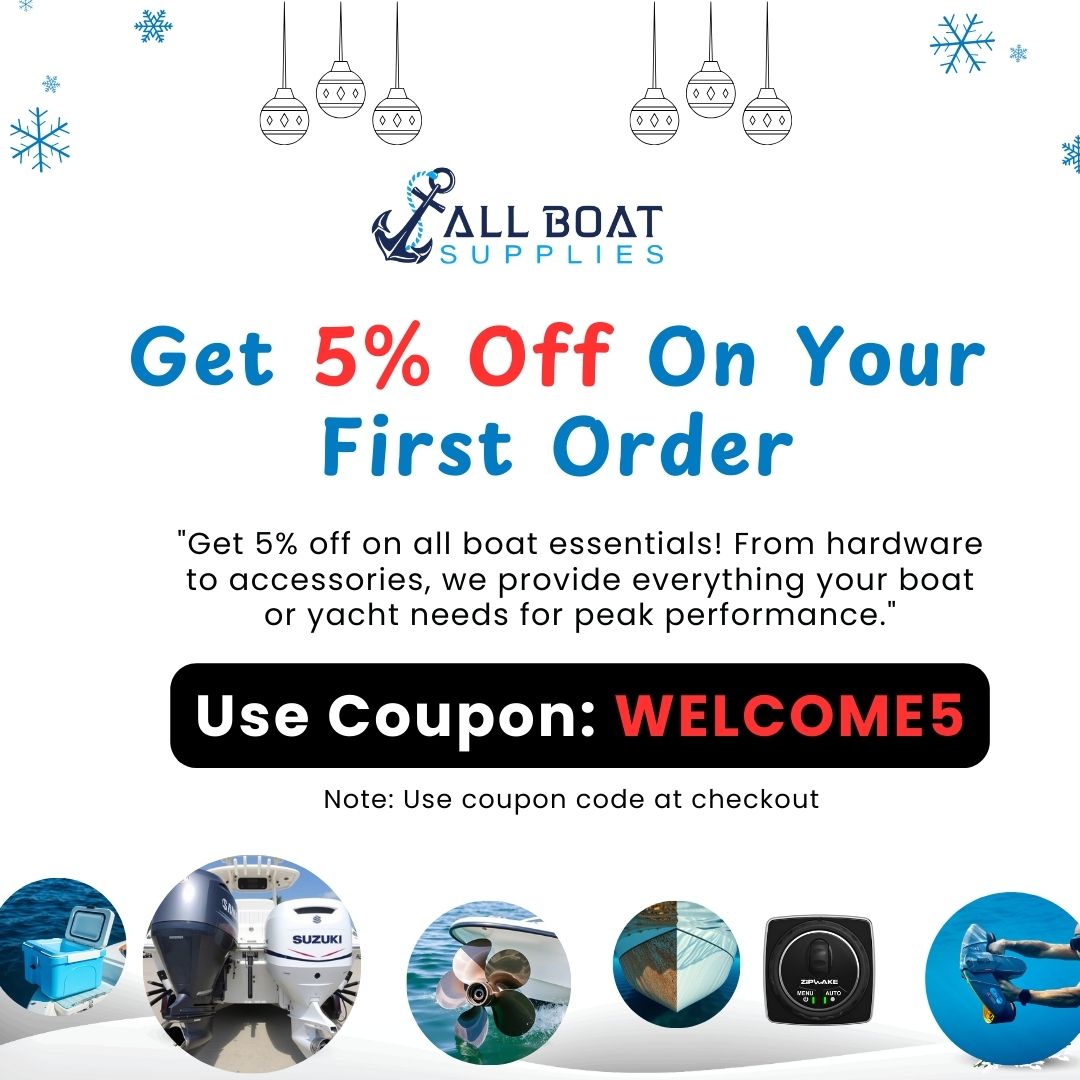Top Hull Shields for Long-Term Durability and Performance

Introduction
Your boat’s hull is constantly exposed to harsh conditions, from saltwater corrosion to impacts with debris. Installing the top hull shields for long-term durability and performance can protect your vessel from damage and extend its lifespan. These shields act as a protective barrier, minimizing wear and tear while improving the boat’s efficiency.
This guide explores the best hull shields available, their benefits, and practical tips for choosing and maintaining them.
Why Use Hull Shields?
Hull shields are essential for safeguarding your boat. They provide:
- Protection Against Corrosion: Especially in saltwater environments.
- Impact Resistance: Shields absorb shocks from debris and docking impacts.
- Enhanced Hydrodynamics: Many shields reduce drag, improving fuel efficiency.
- Long-Term Savings: Preventing damage reduces repair and maintenance costs.
Key Features to Look for in Hull Shields
1. Material Durability
Choose shields made from marine-grade materials like aluminum, stainless steel, or high-density polymers. These materials resist corrosion and withstand impact.
2. Compatibility
Ensure the shield fits your boat’s hull design. Some shields are tailored for flat-bottom hulls, while others suit V-shaped hulls.
3. Easy Installation
Look for shields with straightforward installation processes. Some models offer adhesive-backed designs, while others require bolting.
4. UV Resistance
Prolonged sun exposure can degrade hull shields. UV-resistant shields maintain their integrity longer.
Top Hull Shields for Long-Term Durability
1. Stainless Steel Hull Protector
- Best For: Saltwater use.
- Features: High corrosion resistance and polished finish for a sleek look.
- Why Choose It: Durable and effective against saltwater erosion.
2. Polyethylene Hull Guard
- Best For: Recreational boats.
- Features: Lightweight and easy to install.
- Why Choose It: Affordable and suitable for light-duty applications.
3. Aluminum Hull Shields
- Best For: Heavy-duty applications.
- Features: Robust construction and lightweight design.
- Why Choose It: Excellent balance of durability and performance.
4. Hybrid Composite Hull Protectors
- Best For: Multi-purpose use.
- Features: Combines the strength of metals with the flexibility of polymers.
- Why Choose It: Versatile and highly effective for long-term use.
How to Choose the Right Hull Shield for Your Boat
1. Assess Your Boating Environment
Saltwater environments demand high corrosion resistance. Freshwater boating may allow more flexibility in material choices.
2. Consider Your Boat’s Usage
If your boat is primarily used for high-speed activities, opt for shields designed to minimize drag.
3. Evaluate Installation Methods
- Adhesive-backed shields are quicker to install.
- Bolt-on shields provide extra security for heavy-duty use.
4. Budget Considerations
Investing in a premium shield can save on repairs in the long run. Balance cost with durability.
Maintenance Tips for Hull Shields
- Rinse Regularly: Wash the shield with fresh water after each trip to remove salt and debris.
- Inspect for Damage: Look for cracks, dents, or loosened fastenings.
- Polish Stainless Steel Shields: Use marine-grade polish to maintain their shine and resistance.
- Check Adhesives and Bolts: Ensure the shield is securely attached to the hull.
Real-World Example
Case Study:
Tom, a seasoned boater, noticed increased wear on his hull after docking in high-traffic marinas. Installing a stainless steel hull shield significantly reduced scratches and dents. Additionally, the shield improved his boat’s hydrodynamics, resulting in better fuel efficiency.
FAQs About Hull Shields
Q1: Can hull shields improve fuel efficiency?
Yes, shields with streamlined designs reduce drag, enhancing fuel economy.
Q2: Are hull shields necessary for freshwater boats?
While corrosion is less of an issue in freshwater, shields still provide protection against impacts and debris.
Q3: How often should I replace a hull shield?
With proper maintenance, hull shields can last several years. Replace them when you notice significant wear or damage.
Conclusion
Investing in the top hull shields for long-term durability and performance is a smart move for any boat owner. These shields protect your hull, improve efficiency, and save you money on repairs. Whether you opt for stainless steel, polyethylene, or hybrid composites, maintaining your shield will ensure it performs effectively for years to come.

